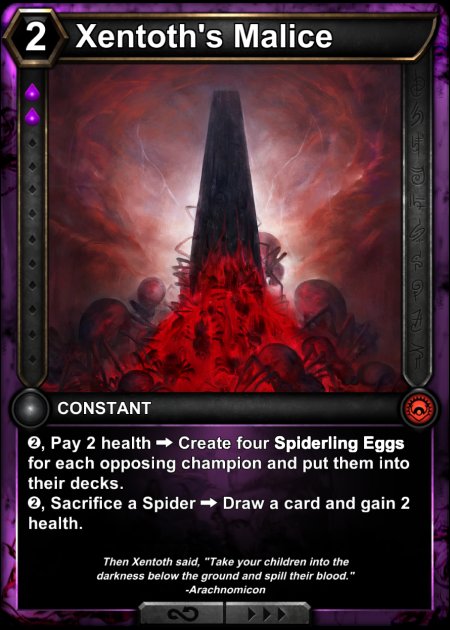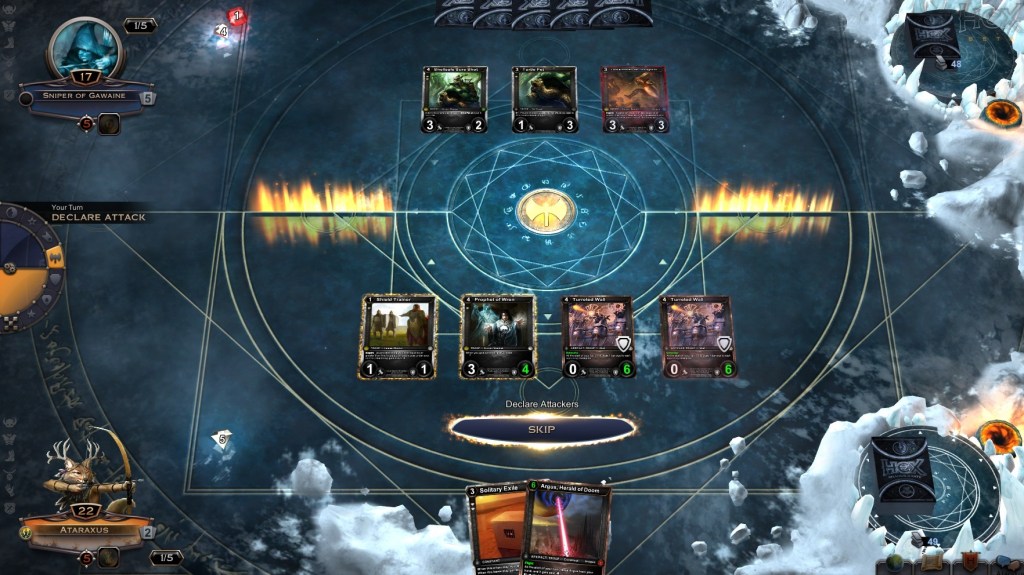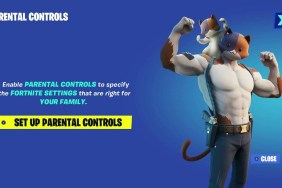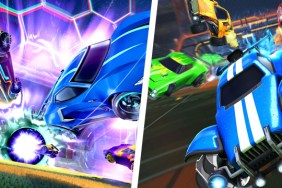You may have heard of the free-to-play Hex: Shards of Fate in one of two ways: first as an extremely successful Kickstarter-funded project that amassed over $2.2 million in contributions, or second as the defendant in a lawsuit by Wizards of the Coast who believes the game is infringing on the ancient pillar that is Magic: The Gathering. Either that, or you haven't heard anything at all about Hex, a digital trading card game that may look like Magic: The Gathering and talk like Magic: The Gathering, but proudly walks its own path of success.
So by the end of that first paragraph, I wouldn't be surprised if you aren't still reading this. After all, Hex: Shards of Fate is a self-described MMOTCG (what the hell is that?), a combination of traditional paper-based trading card games and the digital world of multiplayer MMOs. That's two niche genres seemingly coming together to form a genre that's even more niche. You can just visualize core gamers shrugging their shoulders with the word “meh” hanging over their heads.
Even the game's head creator Cory Jones, founder of Cryptozoic Games, finds it tough to find a member of the press who knows enough about the genre to understand what it's trying to do. Luckily, as someone whose played in Magic: The Gathering tourneys and has played the last few installments of MTG video games, I am luckily one of those people.
That said, I started out quite skeptical as I didn't follow Hex much. So after reading over the quick overview of its core rules and the numerous comments about the game and the pending lawsuit, I walked into a closed-door meeting with Cory Jones with the thought that this was just an MTG clone through and through. But after my hour-long interview and about ten hours of play with the beta build for Hex: Shards of Fate, I've discovered how it expands on the MTG ruleset, innovates on top of it, and ultimately turns it into a far better video game experience than all of the MTG games have done thus far.
But just to play devil's advocate, Wizards of the Coast does have a case against Hex if just in the court of public opinion as far as TCG followers are concerned. As for similarities, let us count the ways: both are based on whittling down an opponent's life points of 20 to 0, both have five colors, each player draws 7 cards at the start of the match with mulligan rules, gems are essentially mana, basic action cards are sorceries, quick action cards are instants, and “ready/exhaust” is just the “tap/untap.” You could point to many more analogs between Hex and MTG, from the sequence of phases per turn to the name-swapping of creature abilities like flight (flying), crush (trample), and lifedrain (lifeleech). I could go on about starter decks, packs, and whatnot, but I think you get the point by now.
Over the course of multiple matches, though, Hex gradually becomes distinct. After going through the Starter Trials and the new campaign-based Frost Ring Arena with a human-based white deck, I realized that its idiosyncrasies are mostly subtle: gems don't really act precisely like mana as I thought at first glance, there's a fourth legendary rarity tier, and numerous cards improve a creature's power, defense, and cost permanently even if it goes into the graveyard or returns to a player's hand. Each player has a champion that has certain powers like being able to summon creatures and give creature boosts through the use of resources that build with each gem placed on the field. This makes any extra resource pulls late in the game cause less of a heavy-hearted sigh than, say, drawing a useless island on the twenty-eighth turn.
Moreover, certain cards have sockets where players can embed special gems that transform the card, allowing for further customization for your deck of choice. And speaking of transformation, many cards turn into different ones over the course of a match or can spawn additional creatures. If you flip a card over twice, you will also see its history with various achievements, badges, stats, and experience for which the card can receive alternate art or foil versions of itself.
These extra features all take advantage of the game's inherent design, banking on its MMO qualities as well. For now, besides the robust auction house, you can face off against opponents in one-on-one matches in the Proving Grounds and enter various tournaments at the chance of prizes in form of gold and extra packs. In fact, Gameforge has already announced a tournament with $100,000 in prize money with the final in California. With time, Hex will also expand on the MMO concept by having players join cooperatively against a boss as a raid. In the near future, the chests that appear after every opened pack—and can be improved upon through slots-based spins—will soon be available to be unlocked.
Whether Cryptozoic or Wizards of the Coast will win the pending lawsuit may be for a jury to decide, though having a panel of people who don't know much about TCGs decide the case is far less than ideal. But I believe there's more than enough room for both Hex and the upcoming Magic: Duels Online to compete against one another and push TCGs into modern gaming.
Hex: Shards of Fate is currently in beta, but that's just being technical. The game works well at the moment, with a few UI snafus here and there, and won't be out of beta officially until Cryptozoic puts in all of the features they promised in the Kickstarter. And while it's free-to-play, Cory Jones wanted to ensure that Hex isn't the kind of game with all those free-to-play shenanigans which lure players into a paid model by the end. I haven't spent a dime on it yet, though I might, purely out of willing praise.
hex-shards-of-fate
-
hex-shards-of-fate #1
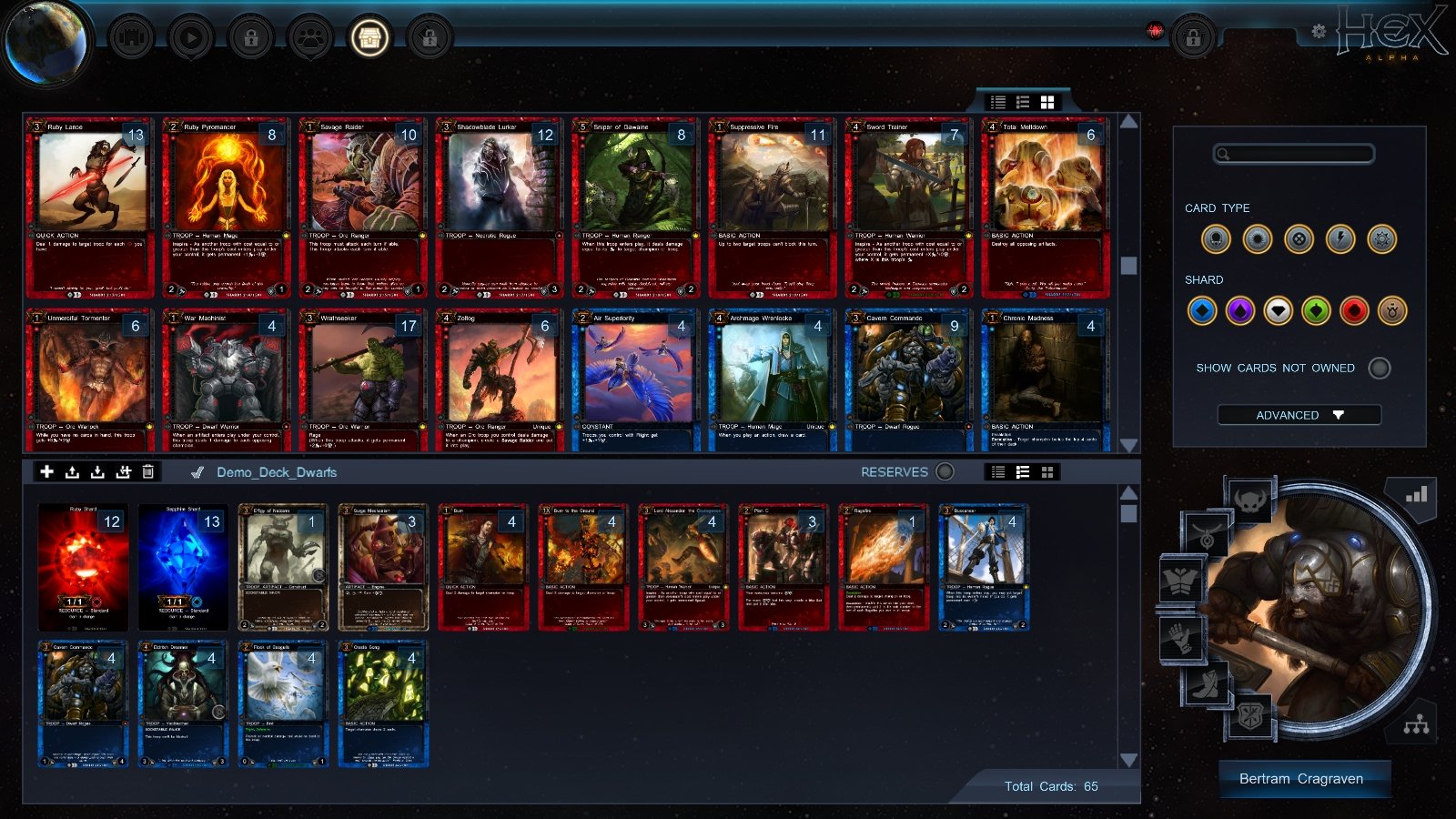
-
hex-shards-of-fate #2
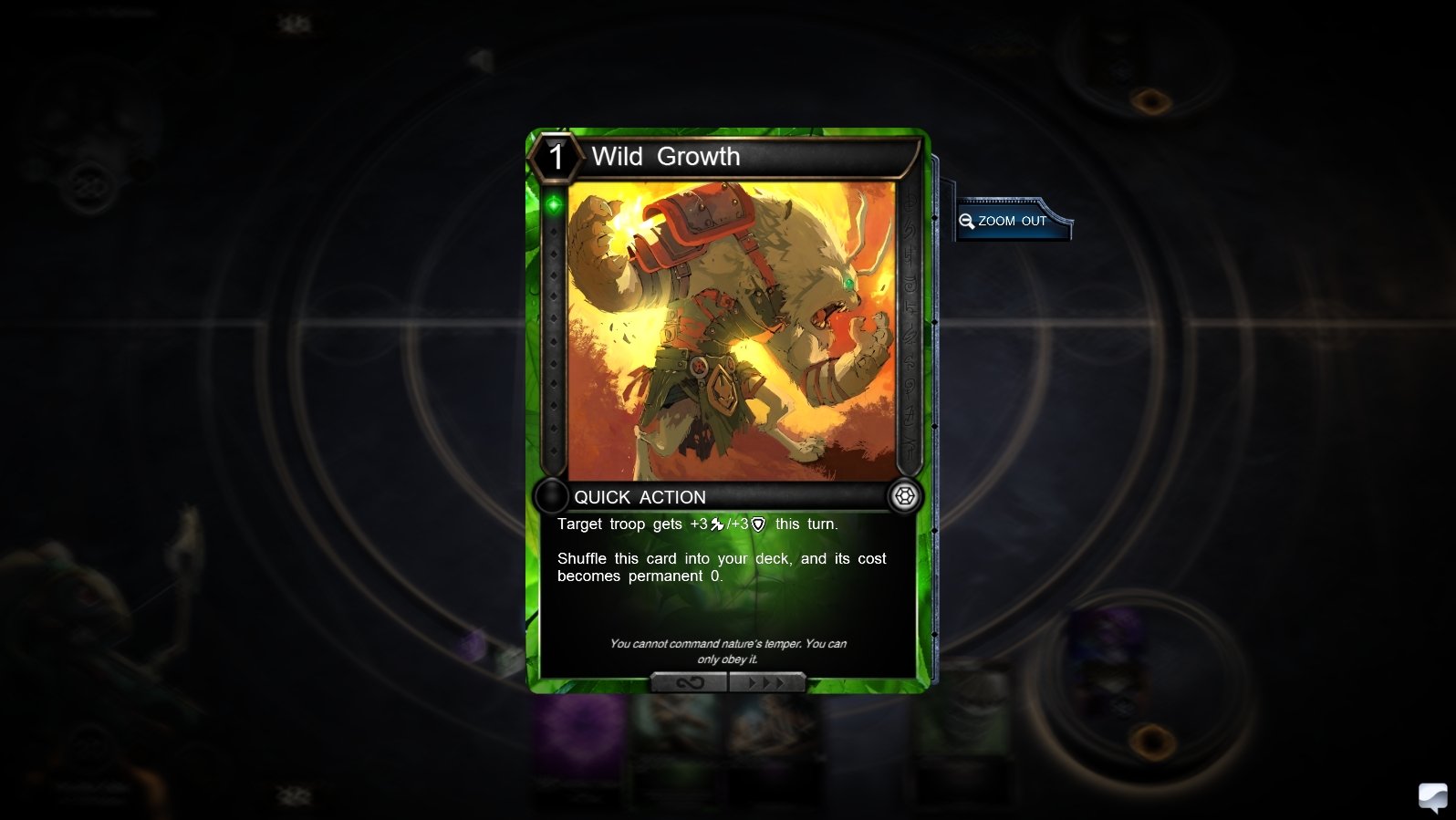
-
hex-shards-of-fate #3
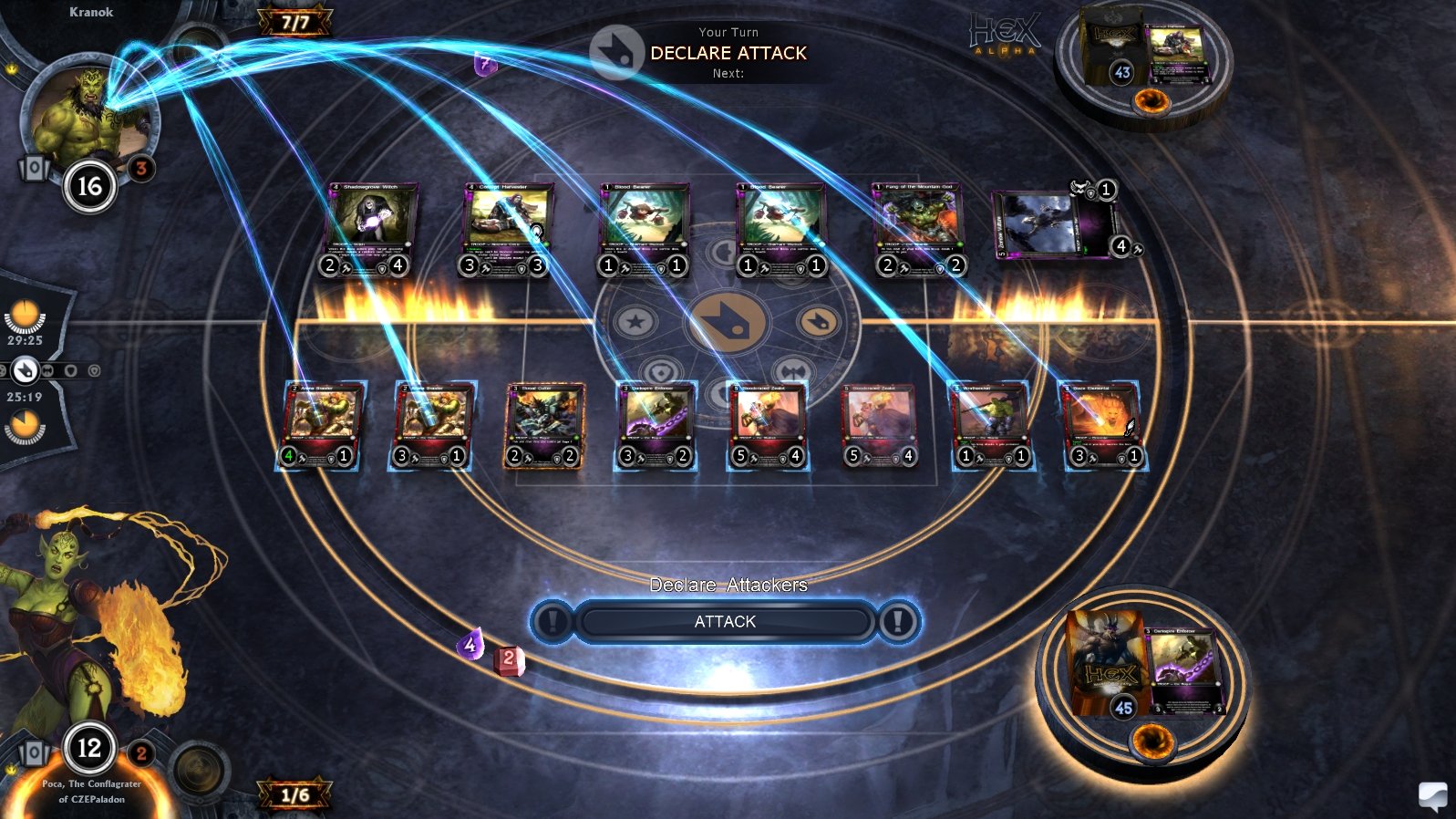
-
hex-shards-of-fate #4
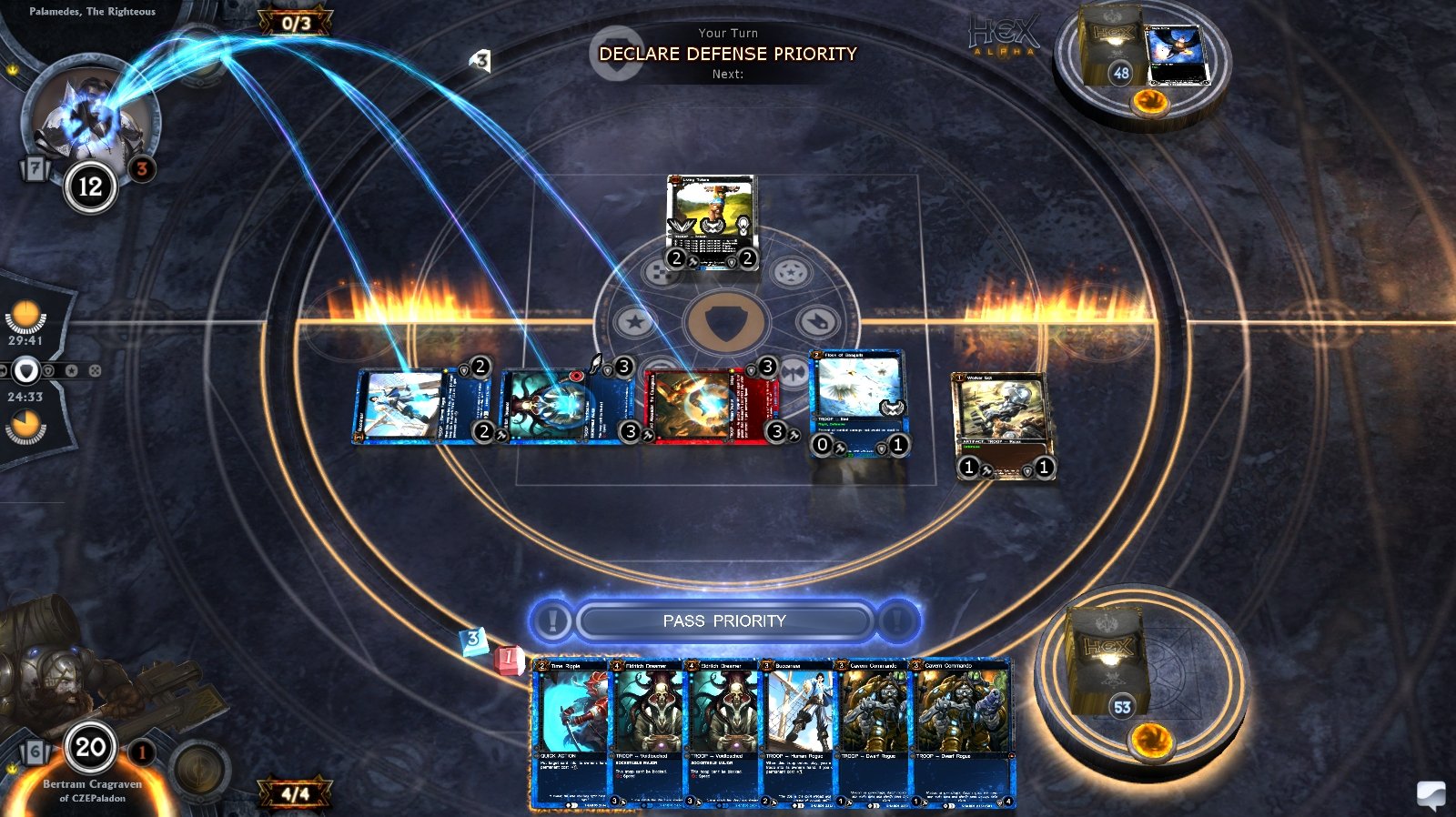
-
hex-shards-of-fate #5
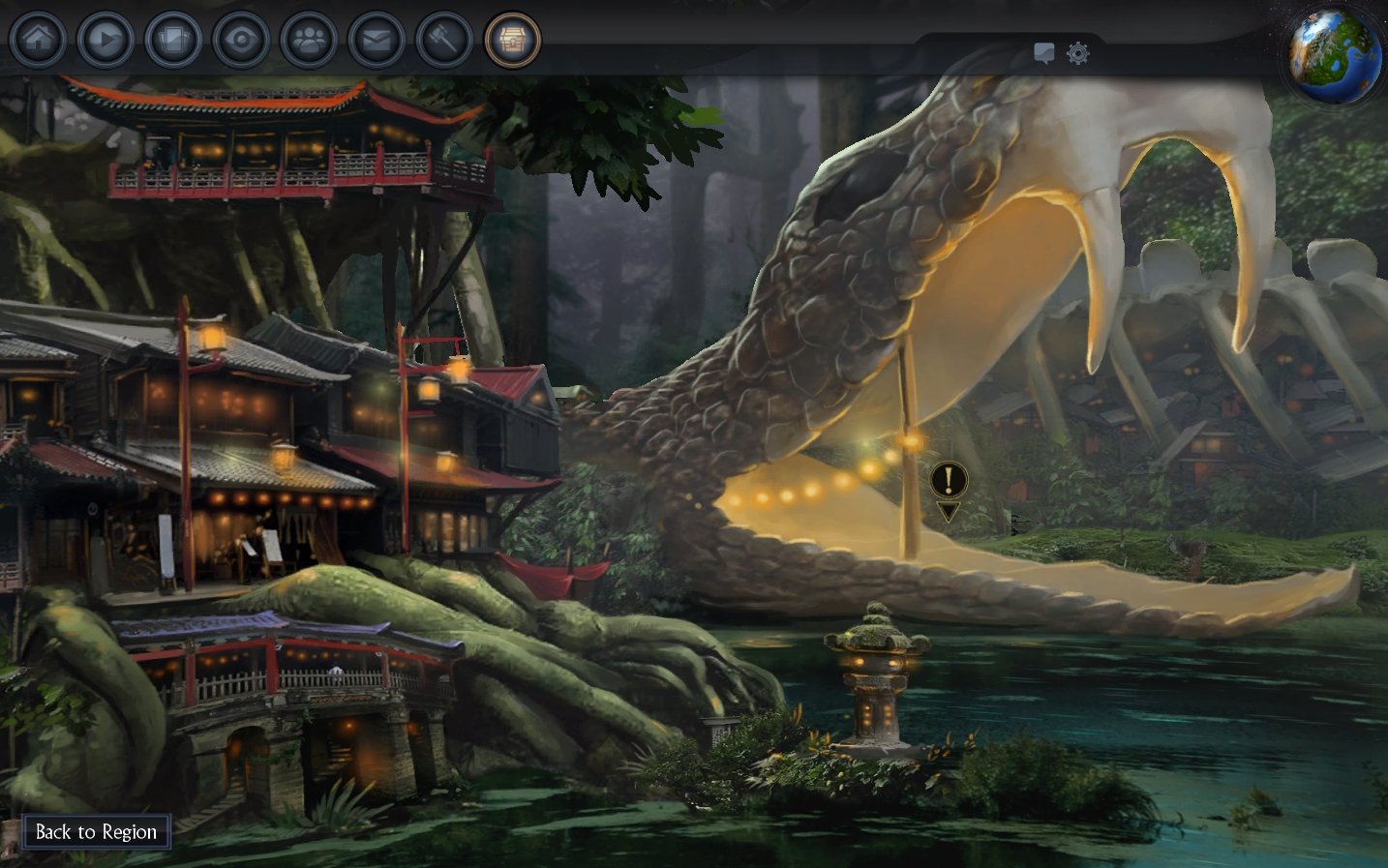
-
hex-shards-of-fate #6
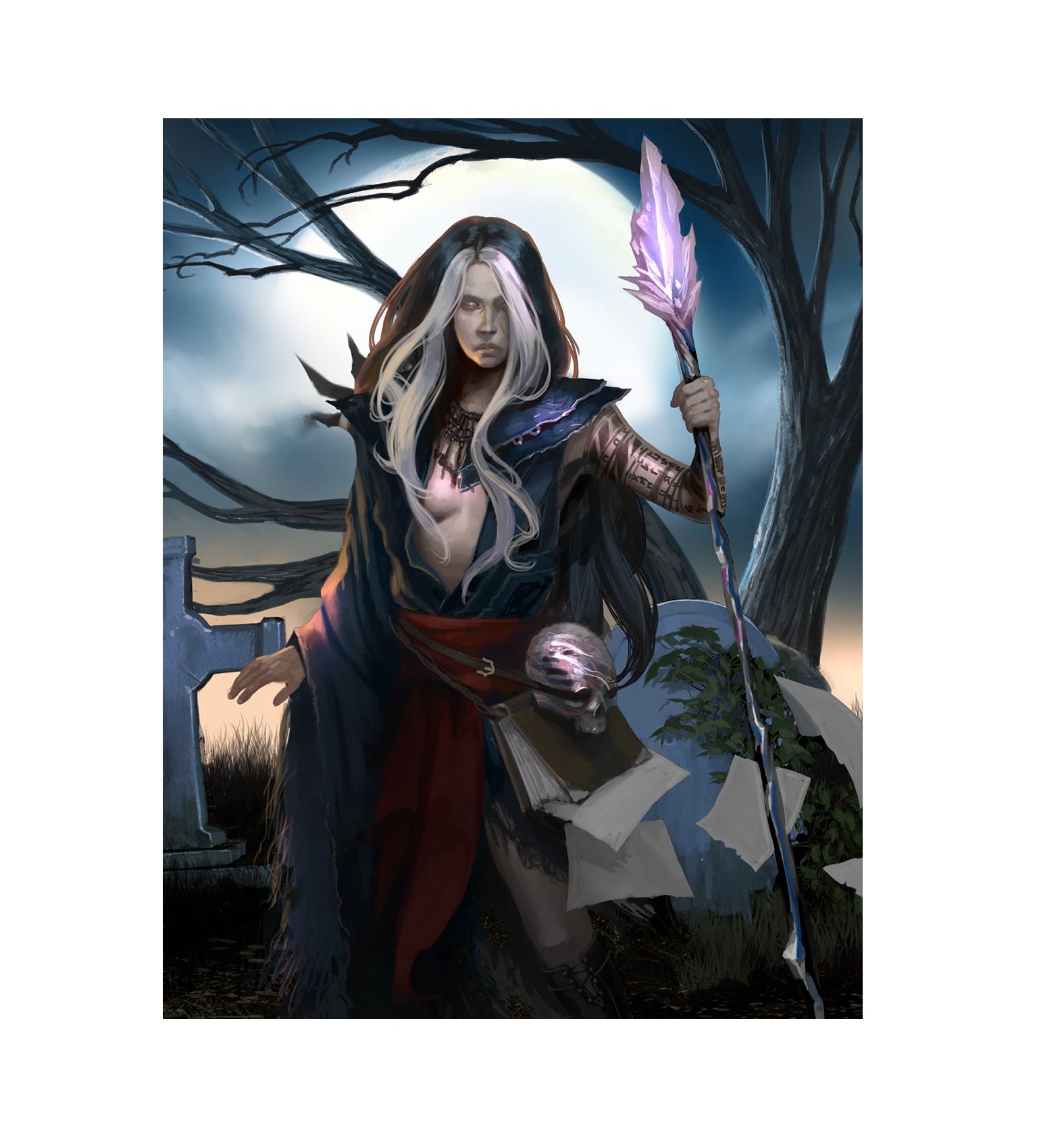
-
hex-shards-of-fate #7
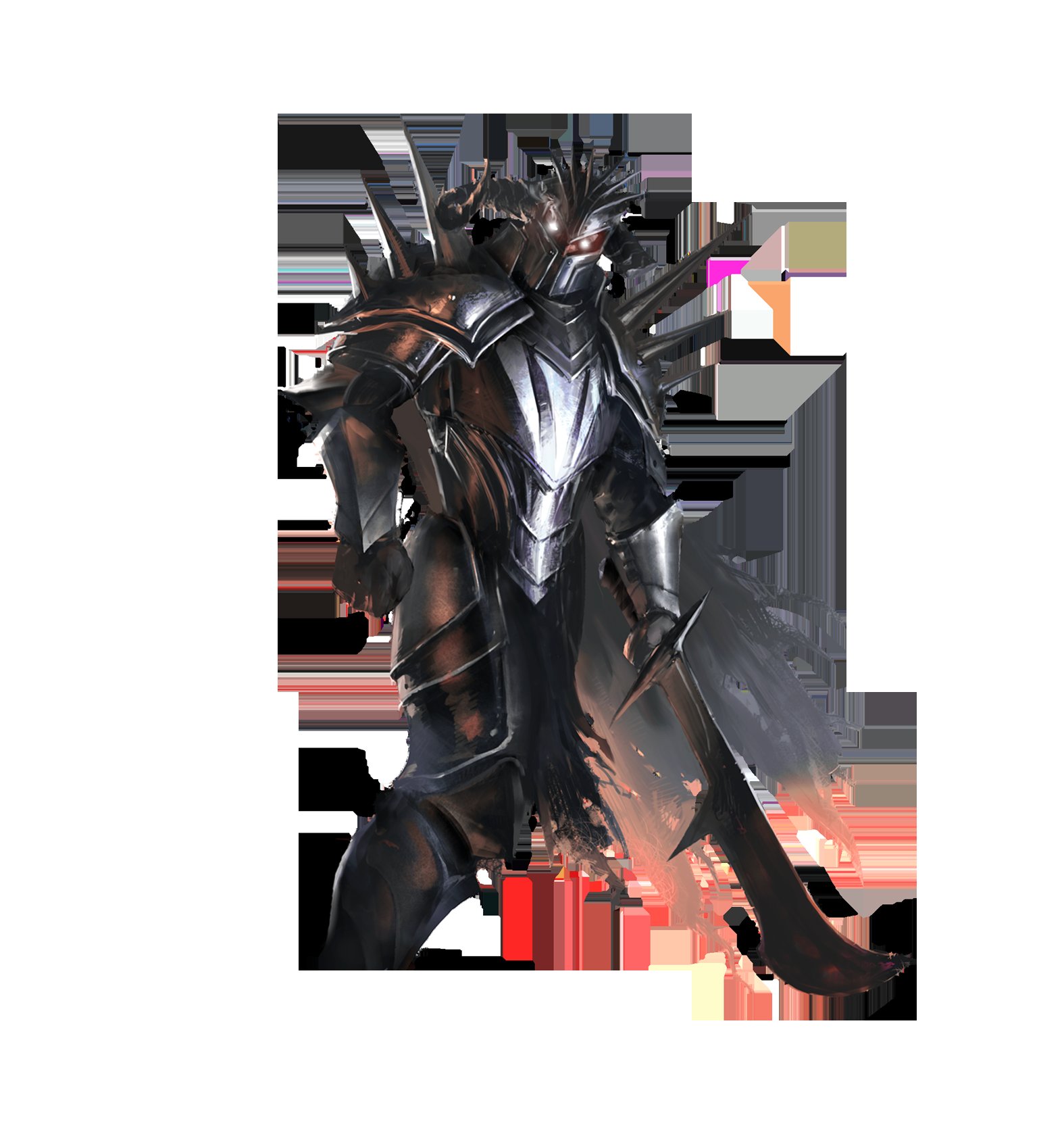
-
hex-shards-of-fate #8
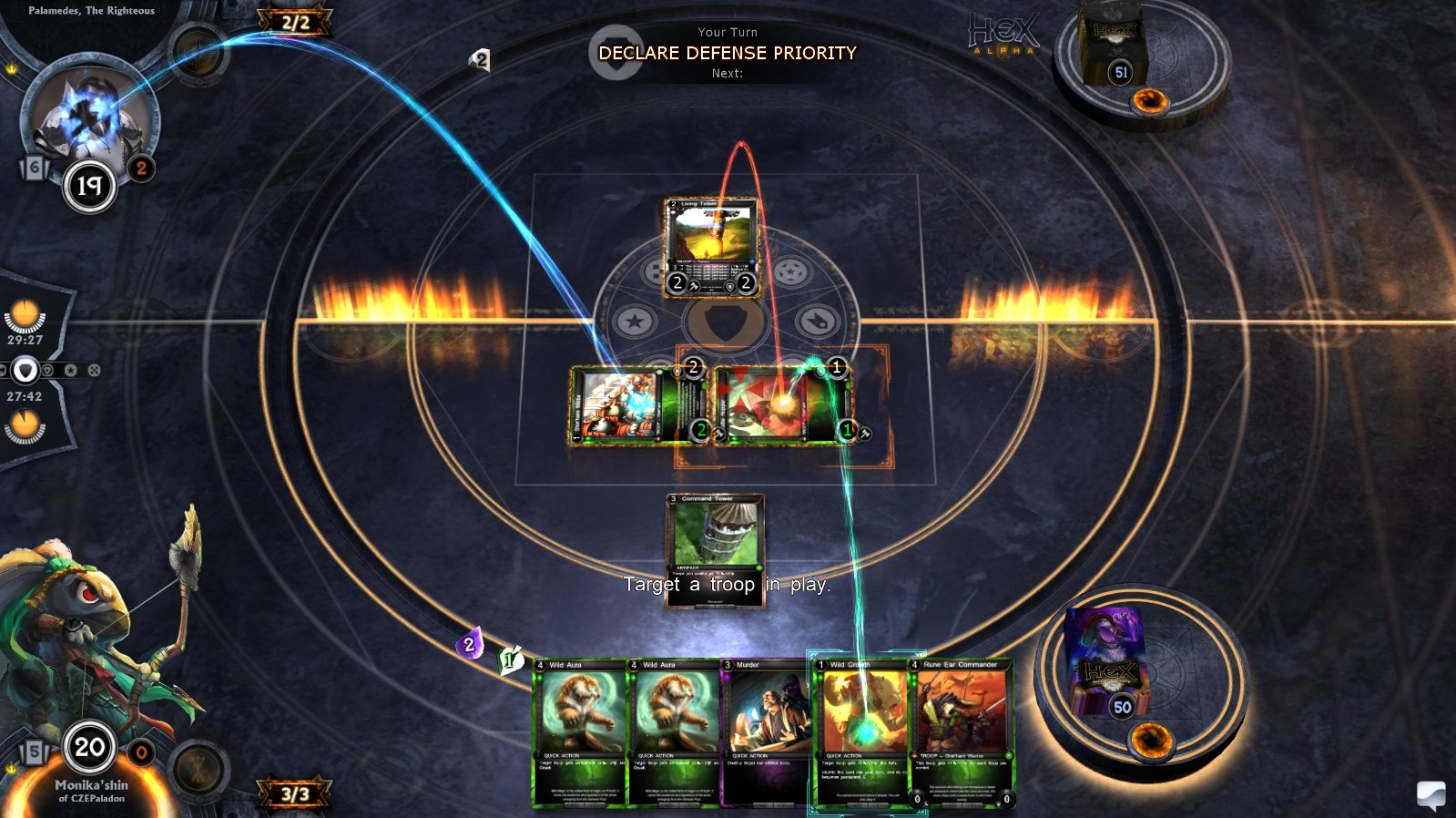
-
hex-shards-of-fate #9
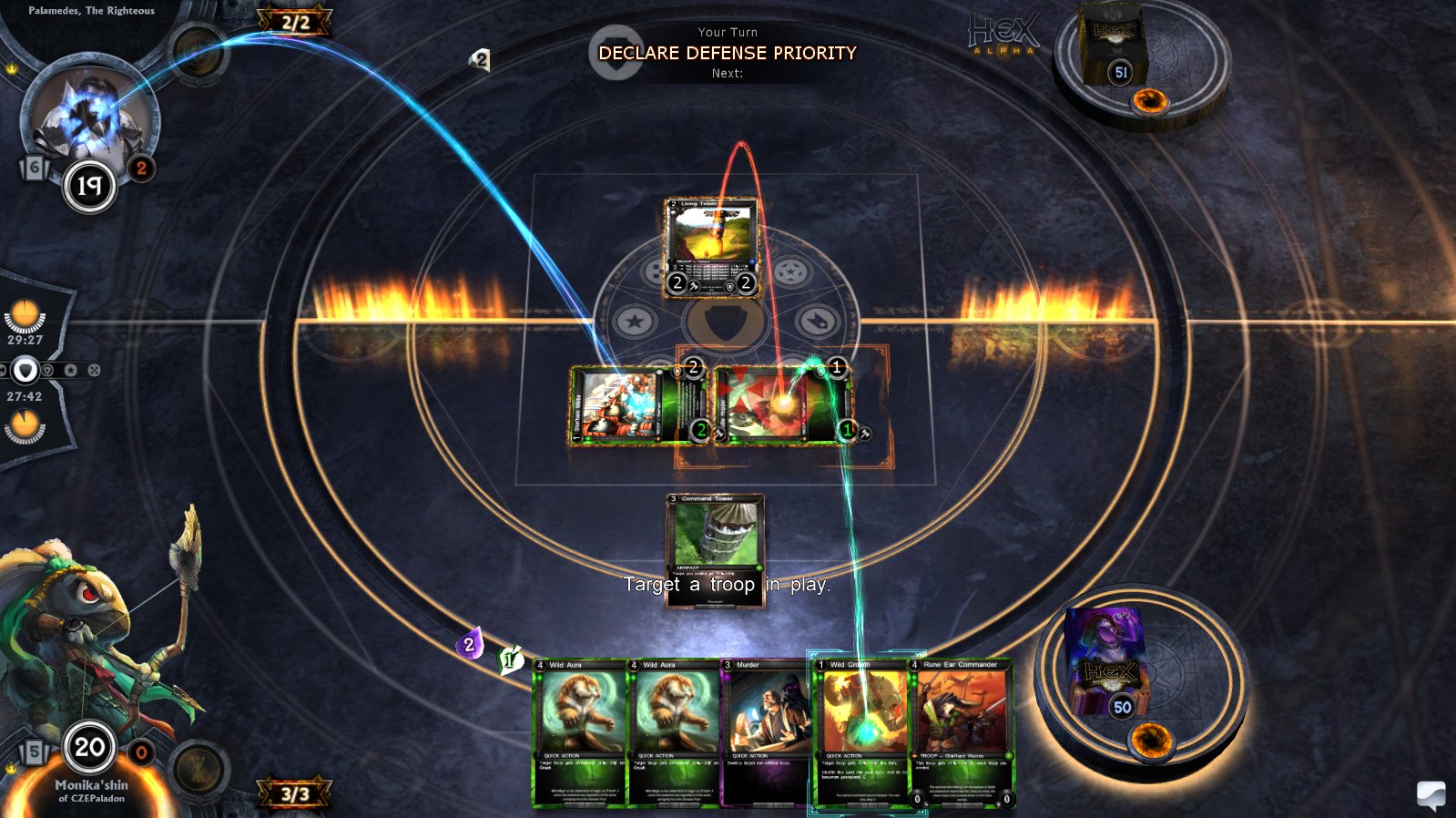
-
hex-shards-of-fate #10
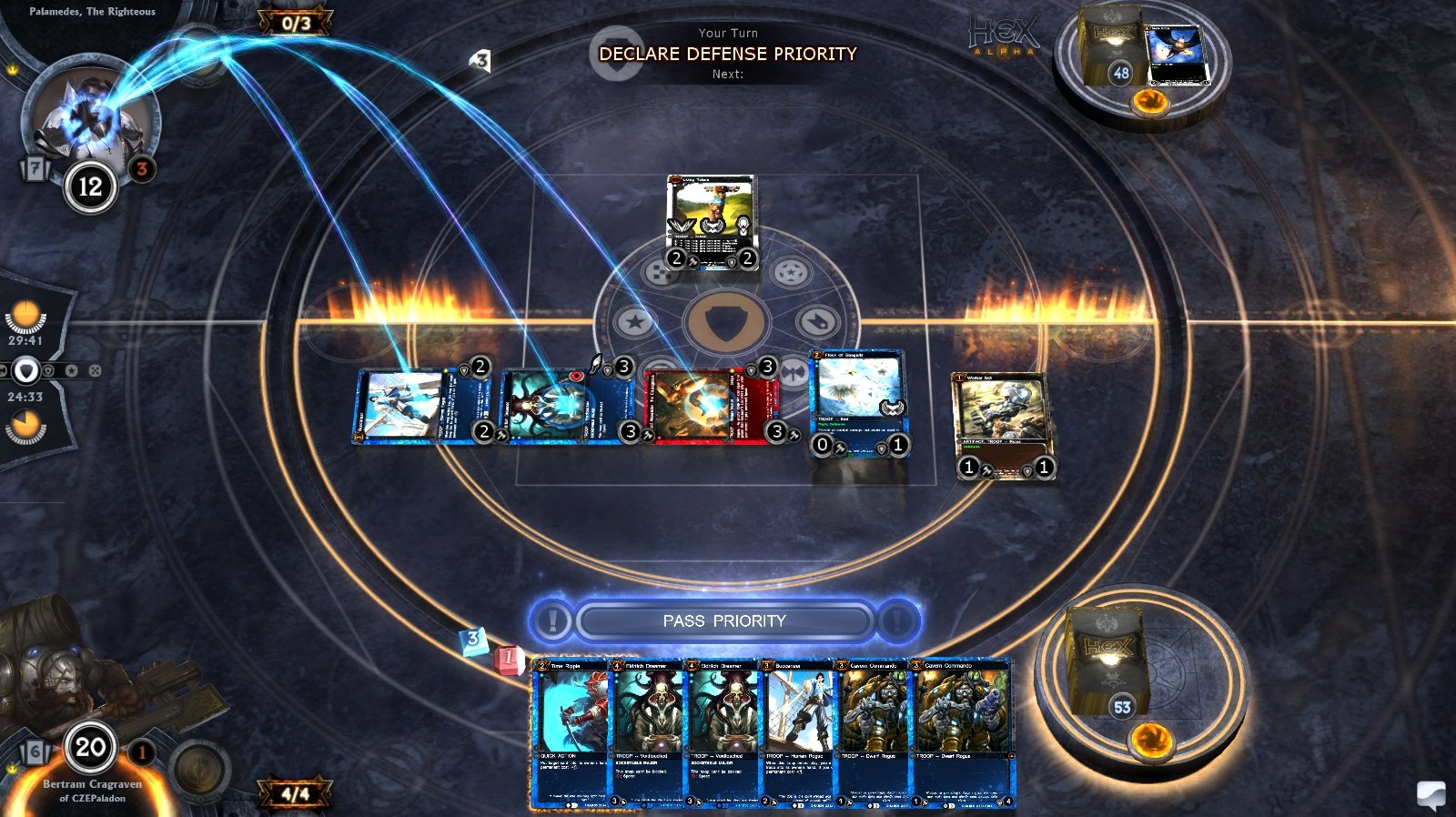
-
hex-shards-of-fate #11
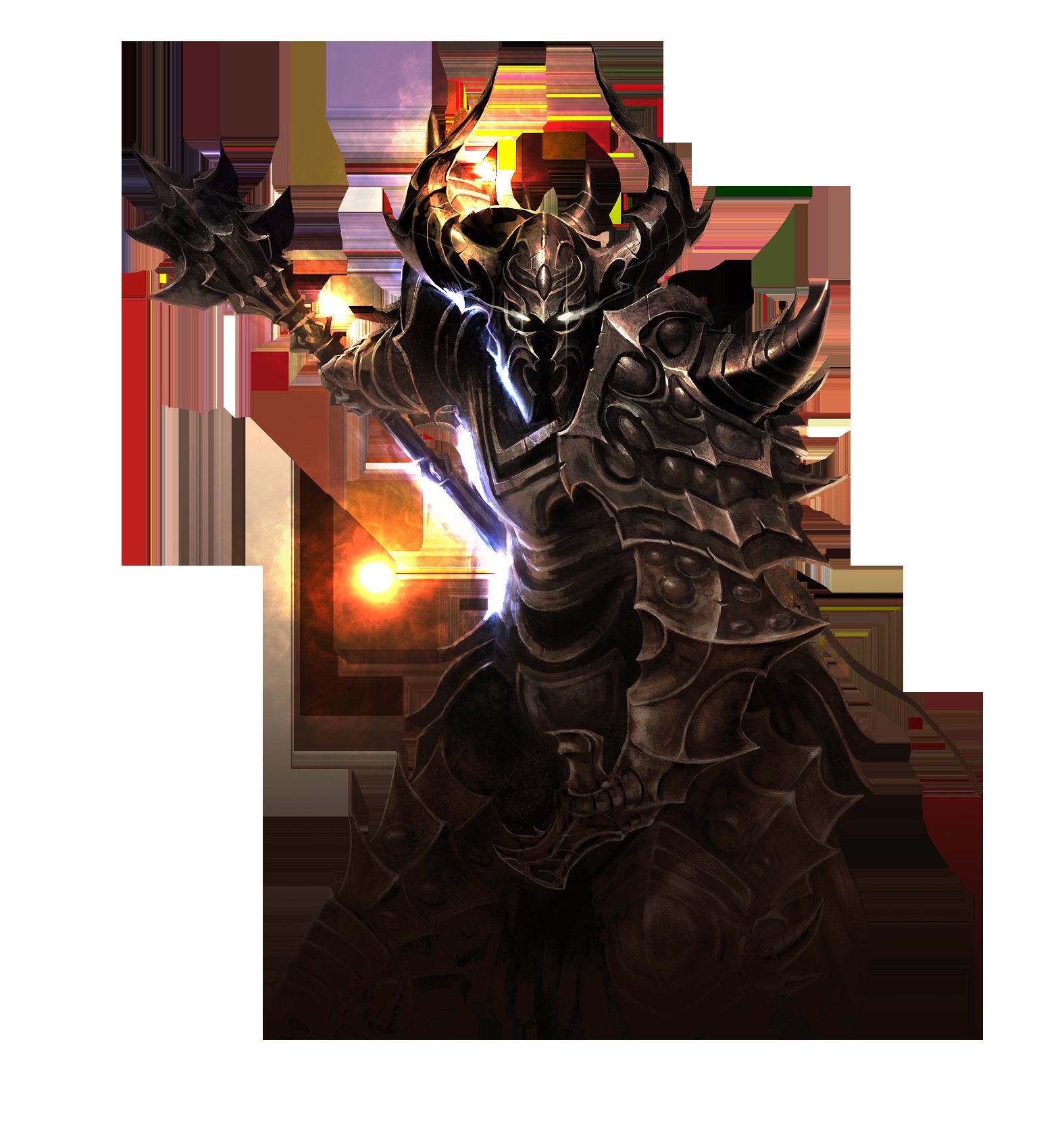
-
hex-shards-of-fate #12
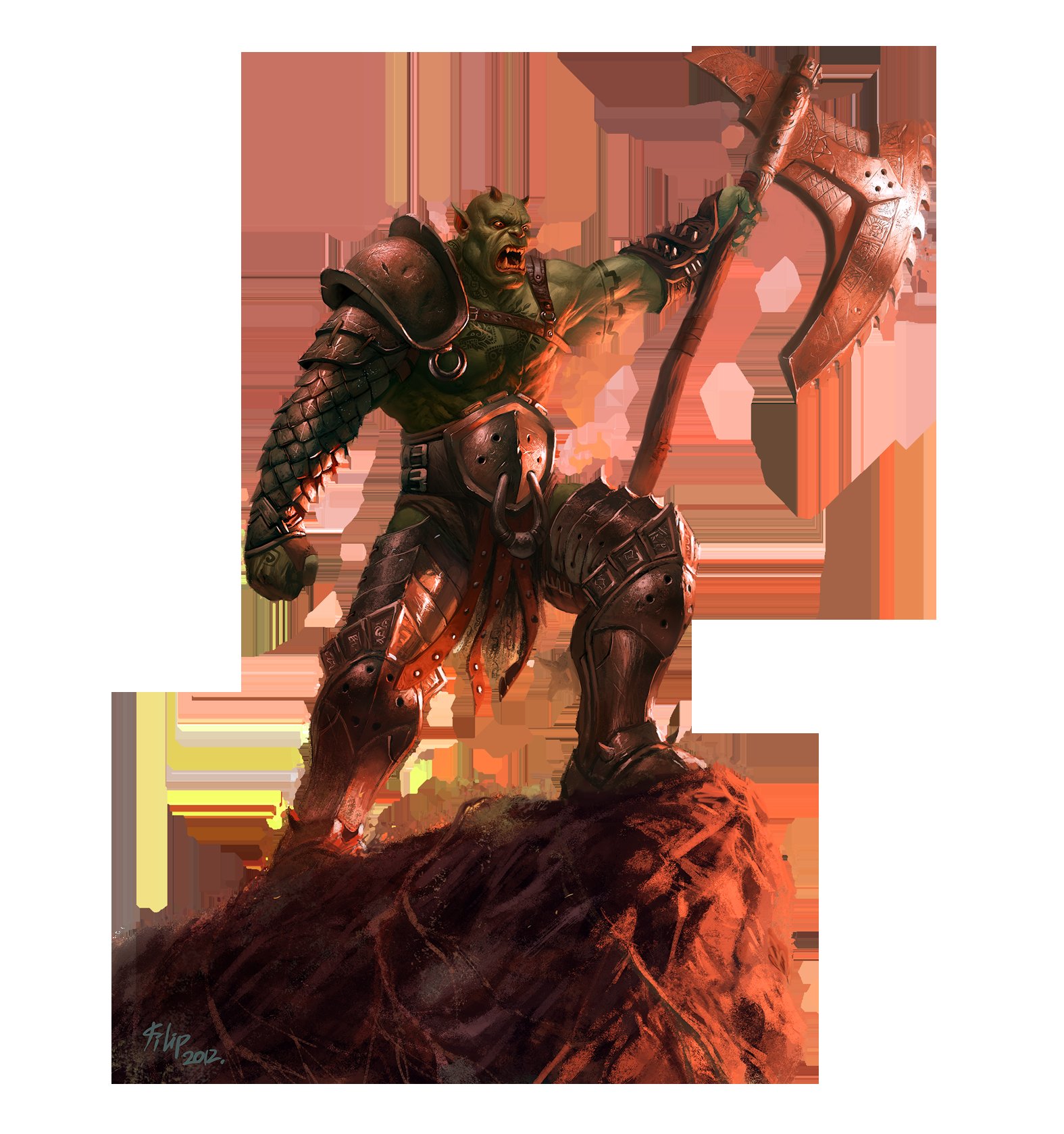
-
hex-shards-of-fate #13
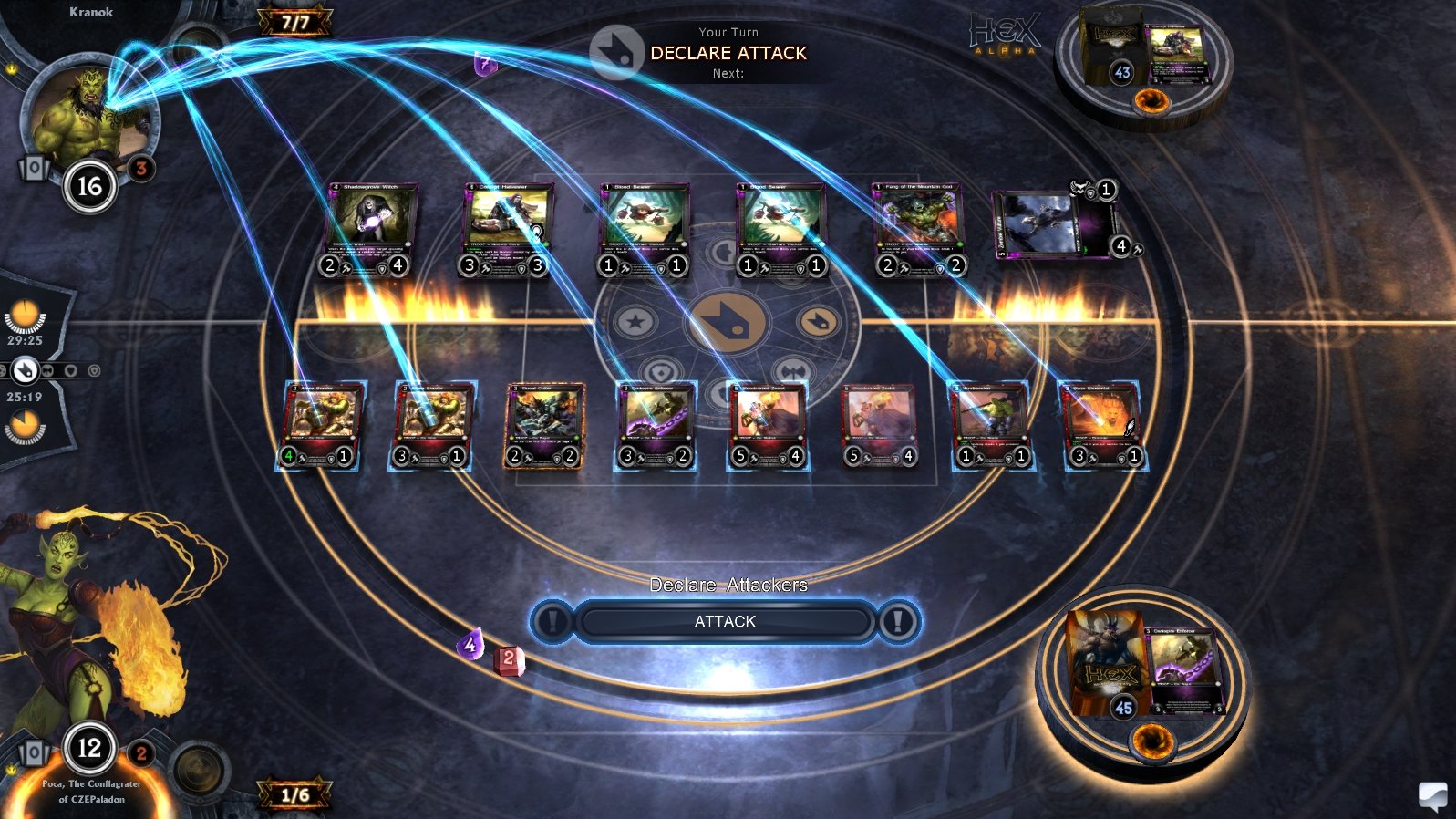
-
hex-shards-of-fate #14
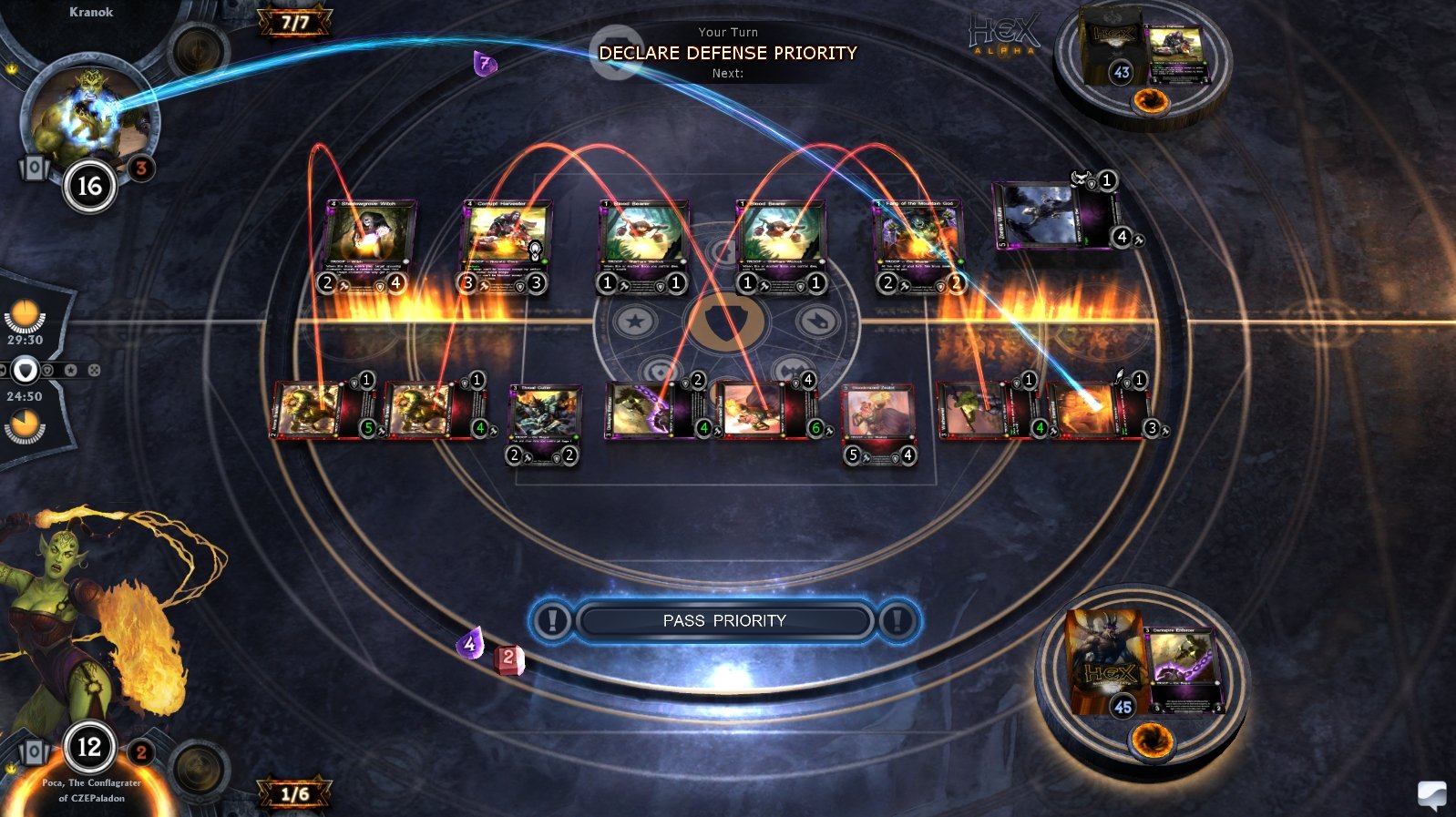
-
hex-shards-of-fate #15
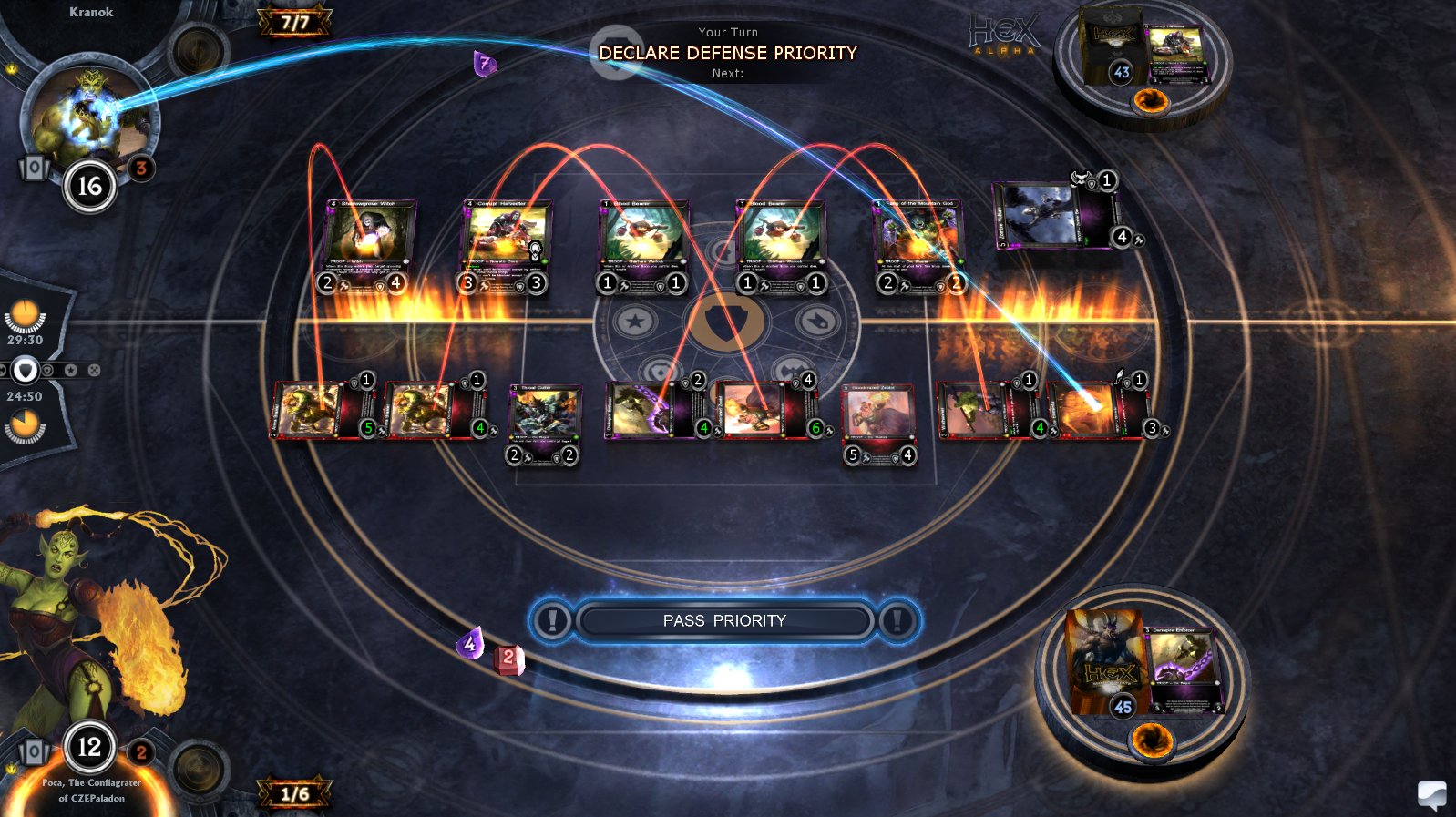
-
hex-shards-of-fate #16
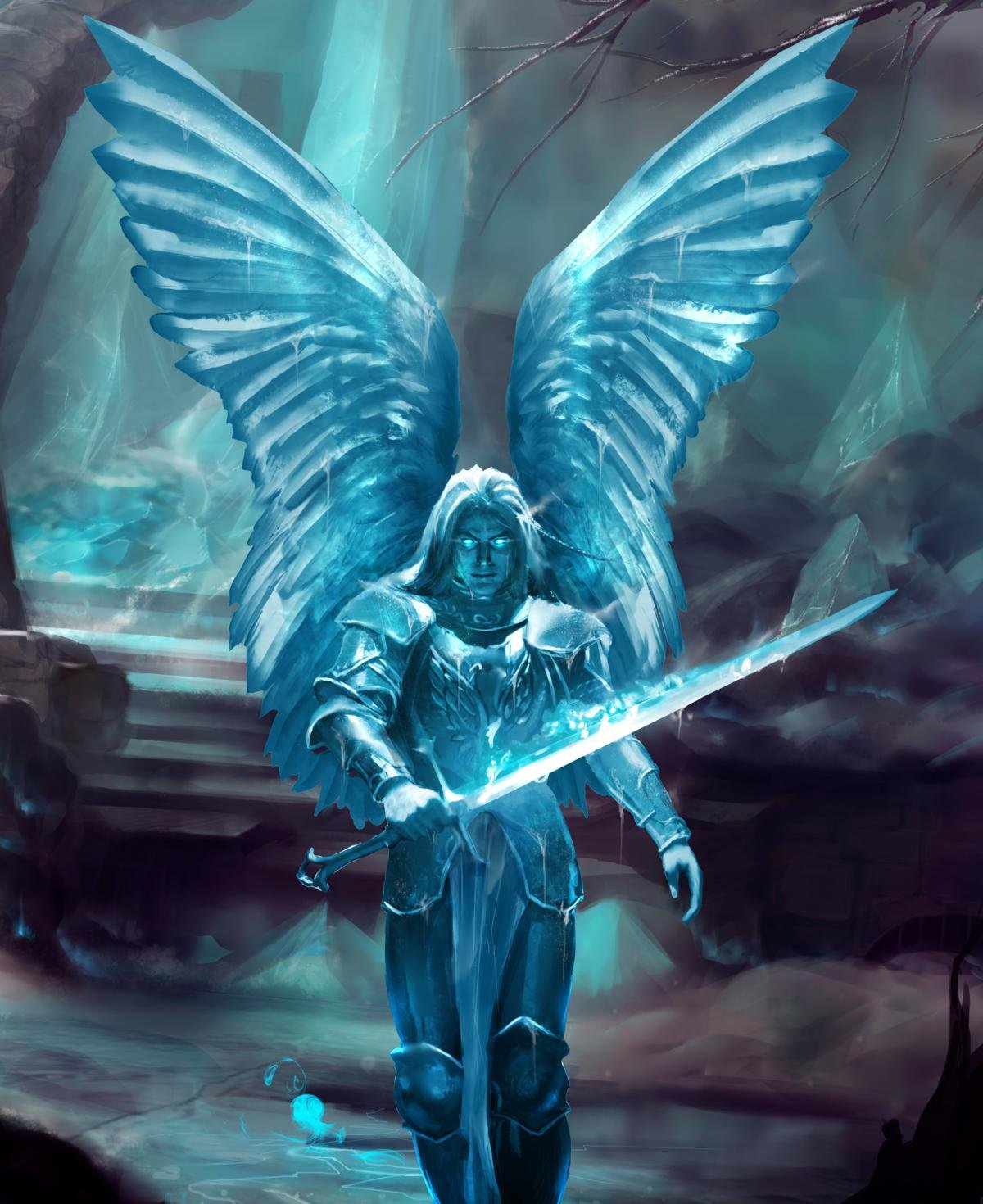
-
hex-shards-of-fate #17
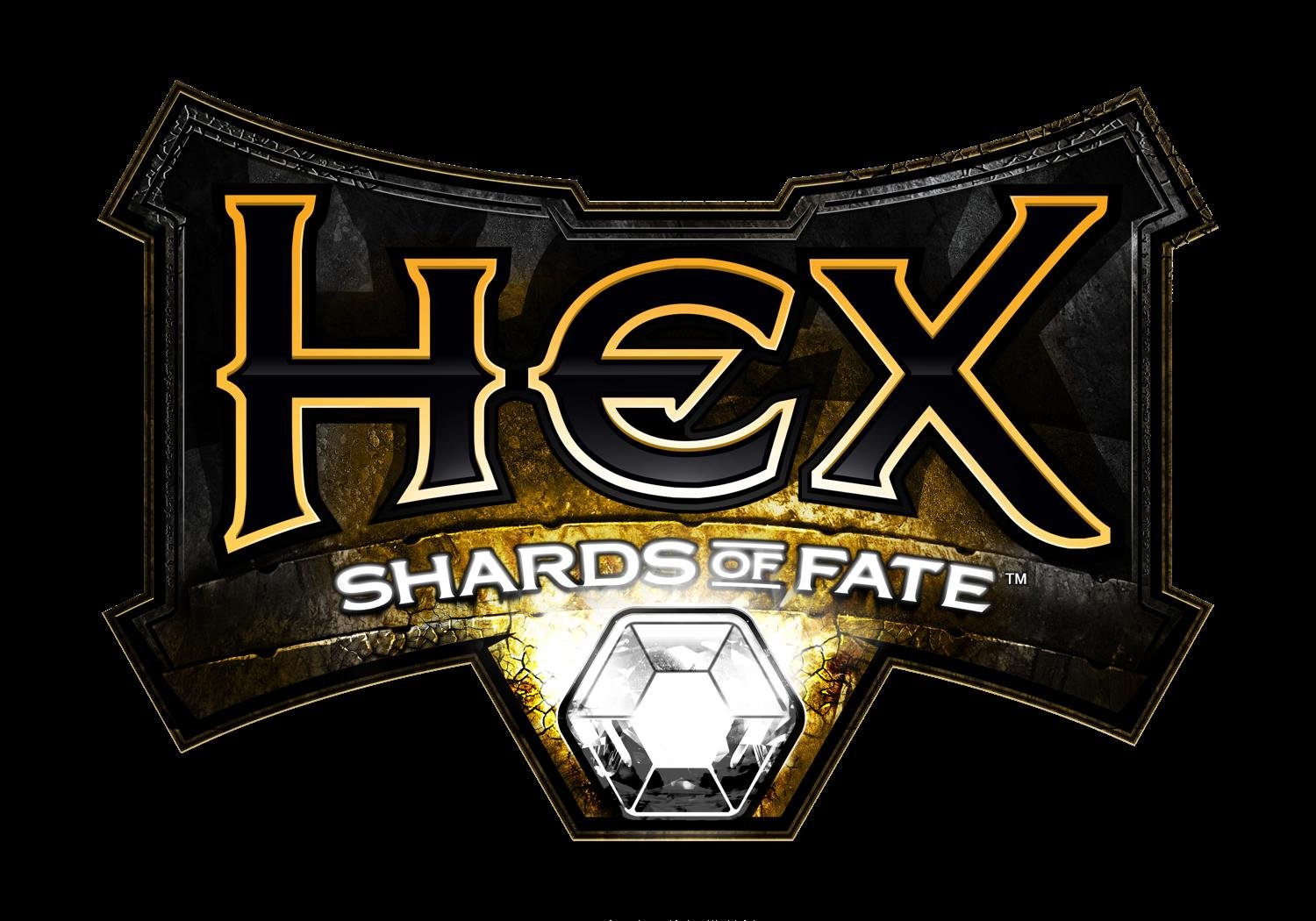
-
hex-shards-of-fate #18
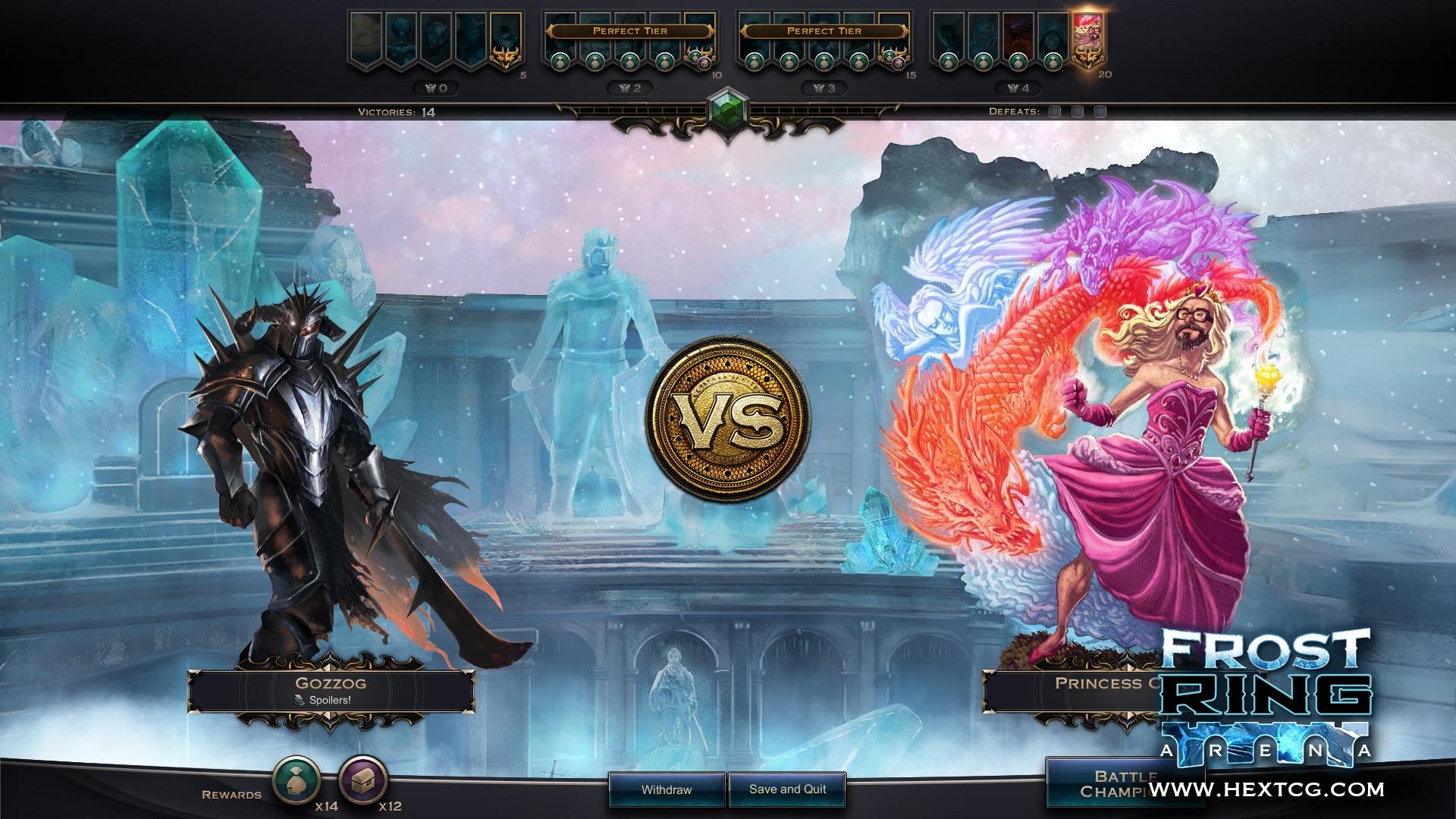
-
hex-shards-of-fate #19
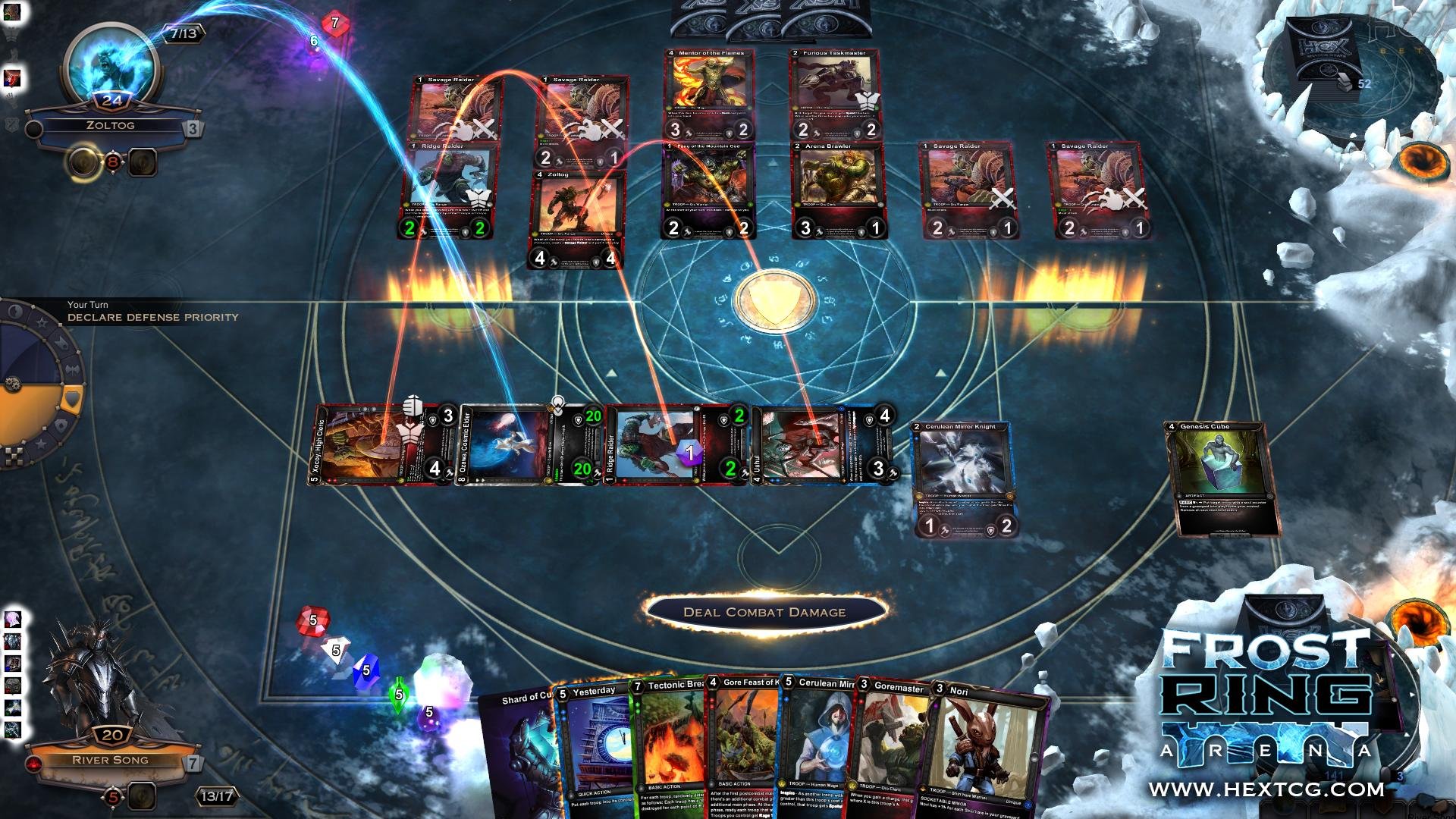
-
hex-shards-of-fate #20
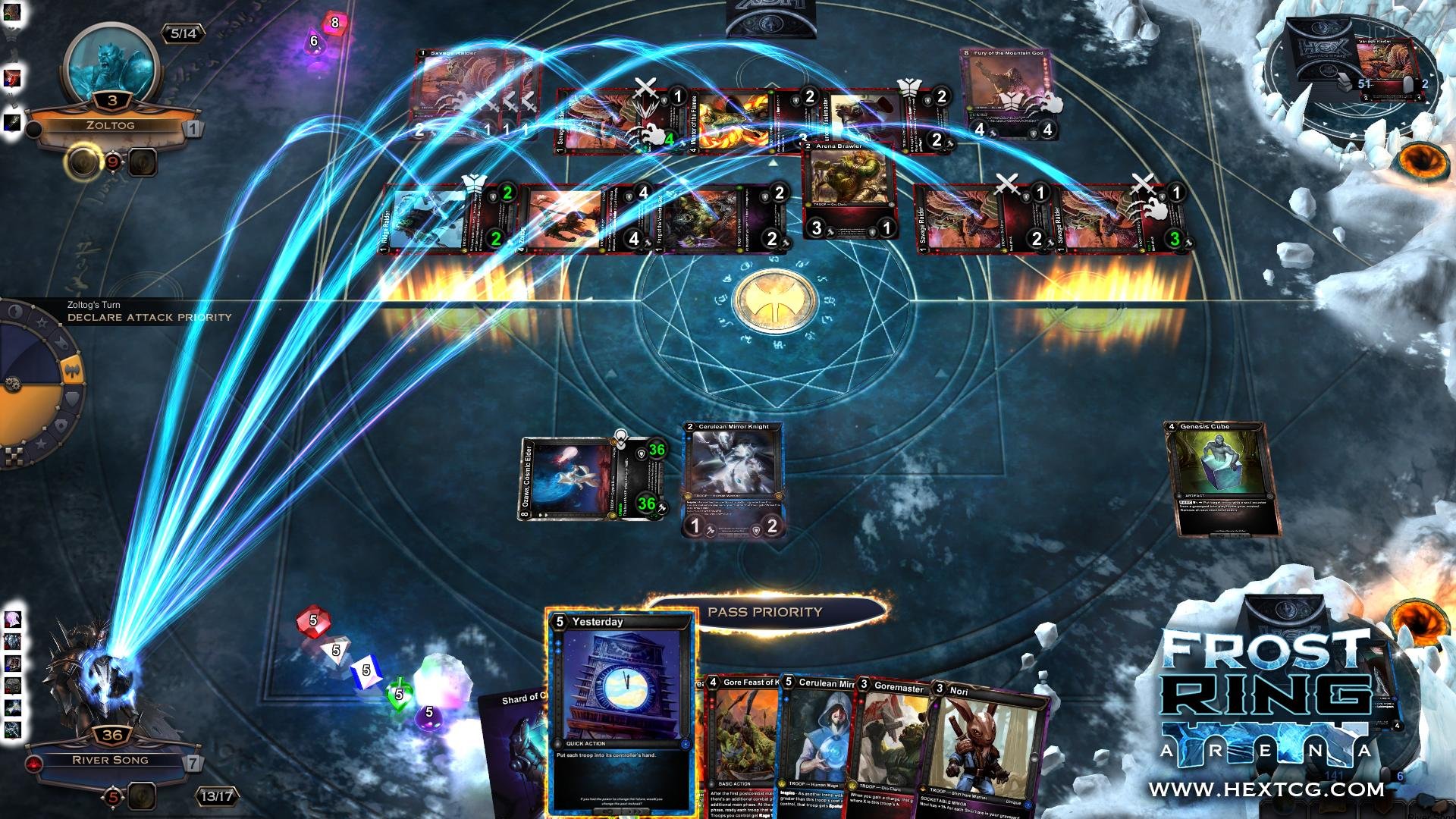
-
hex-shards-of-fate #21
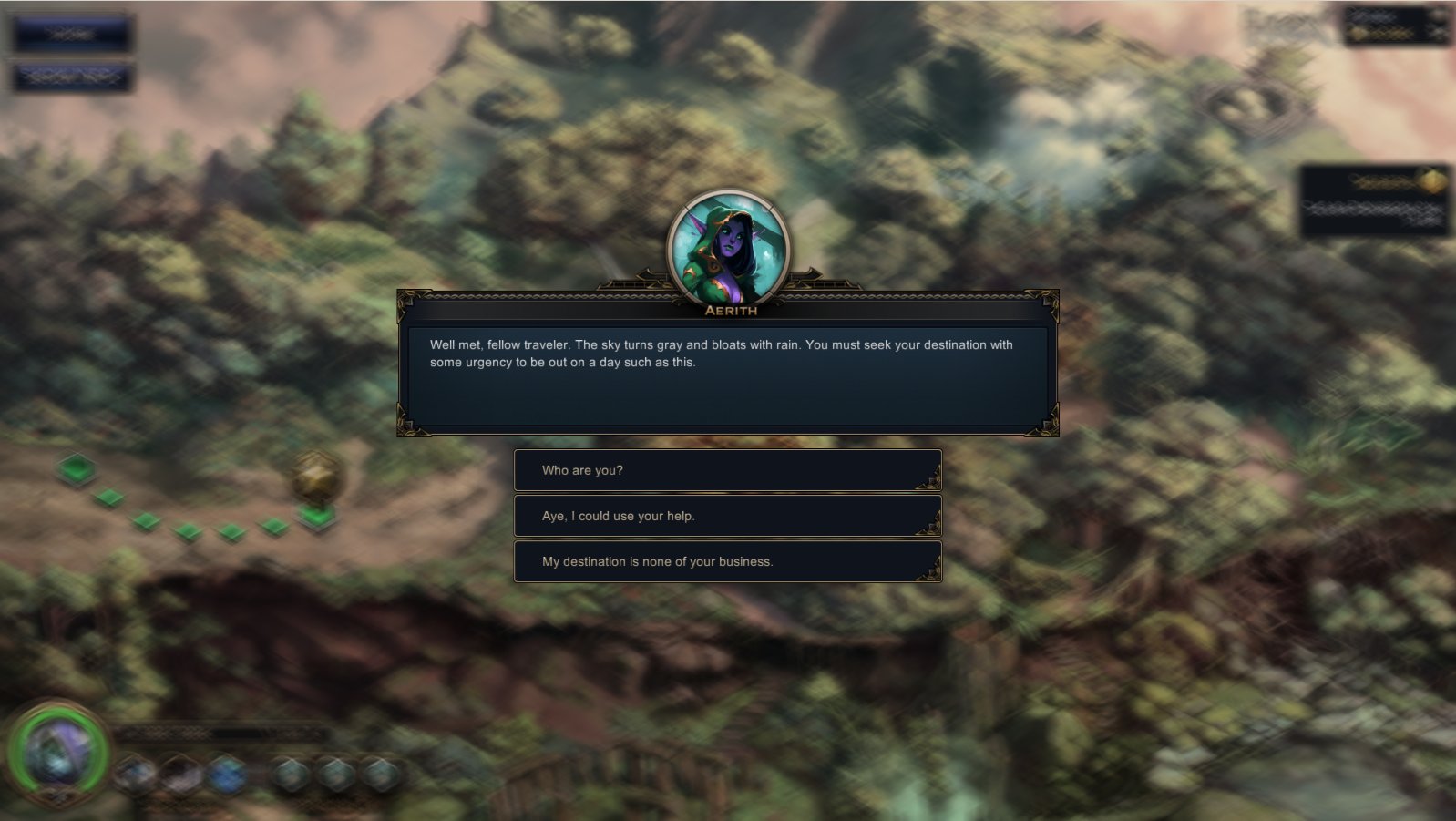
-
hex-shards-of-fate #22
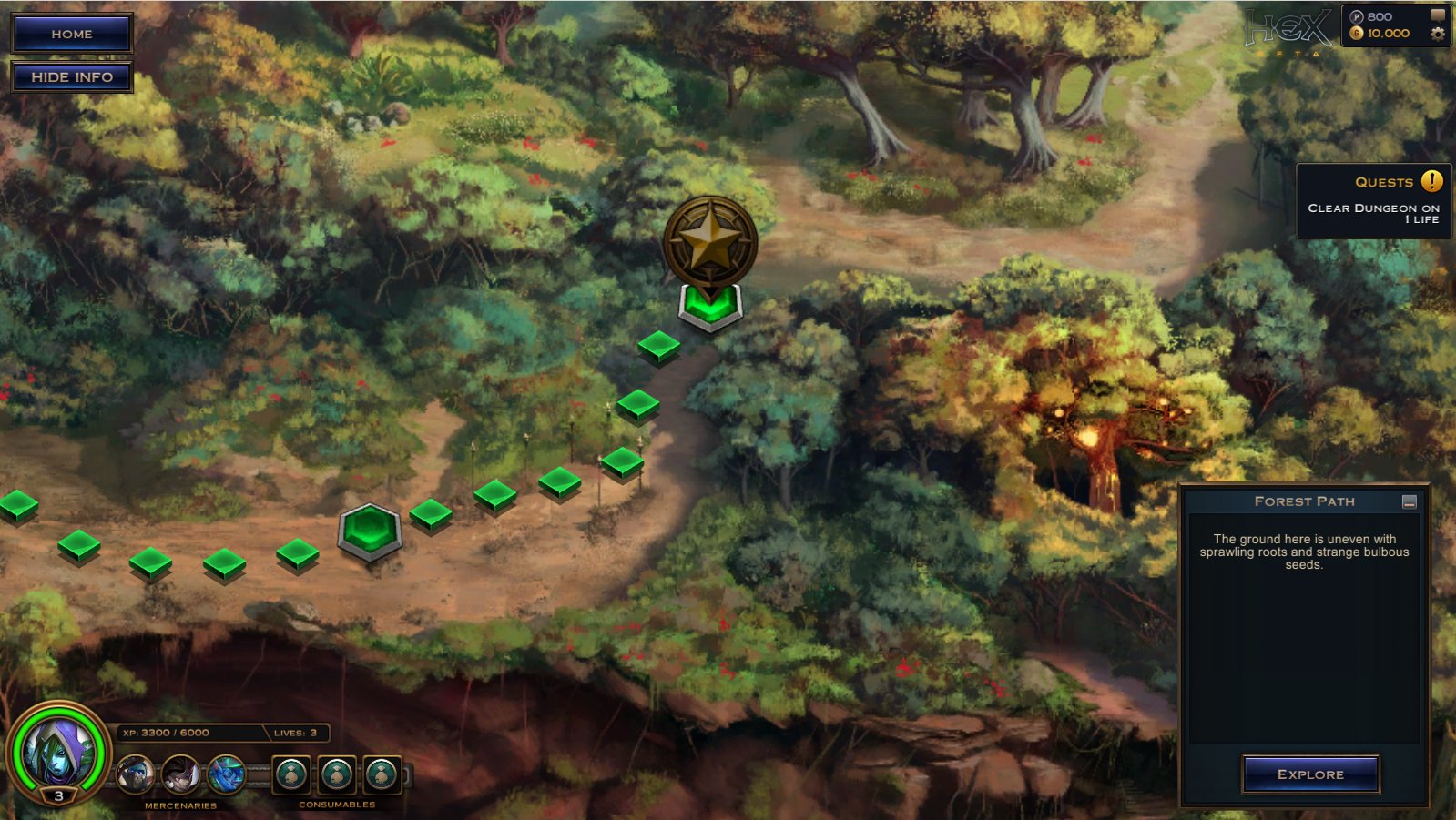
-
hex-shards-of-fate #23
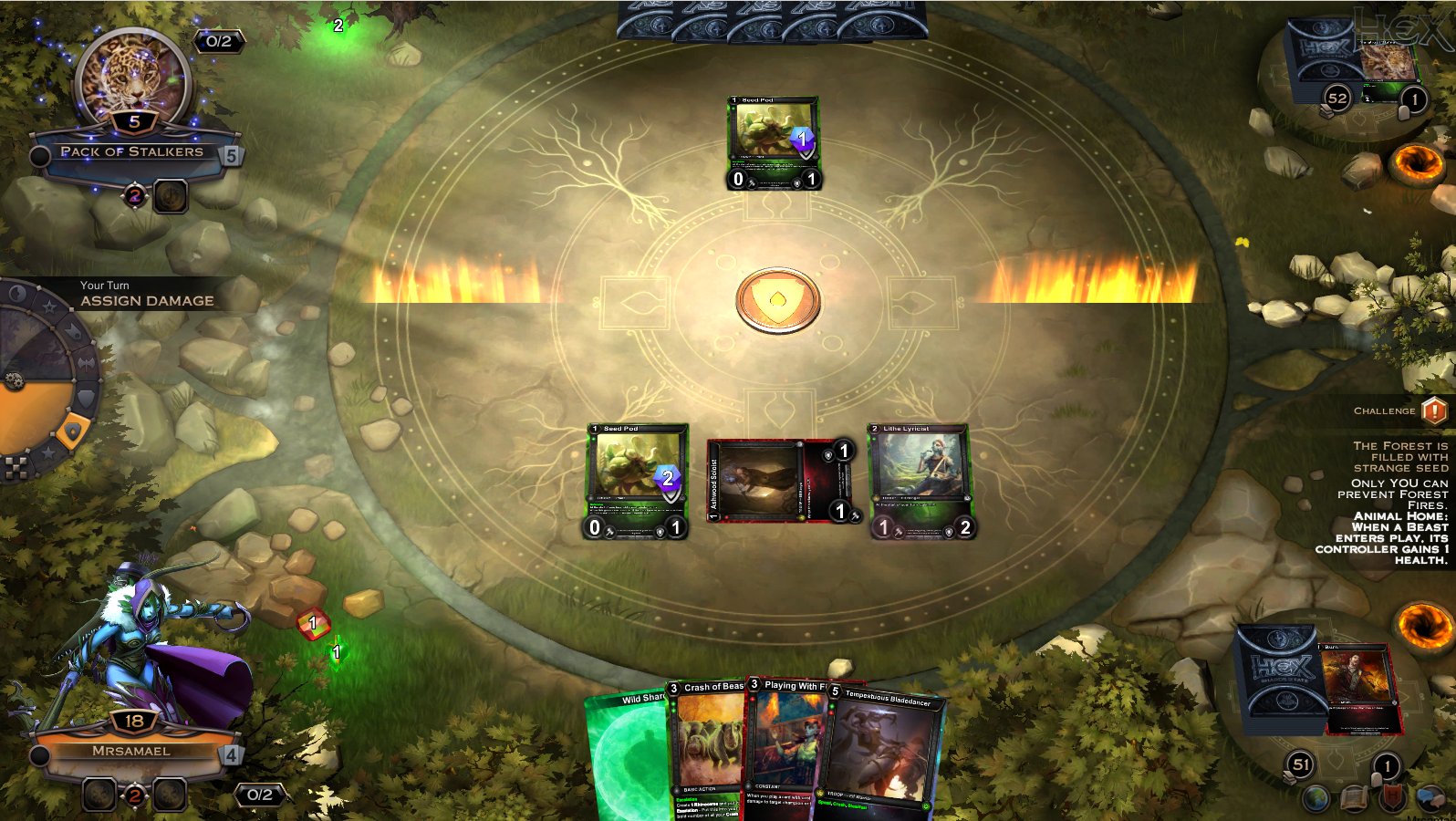
-
hex-shards-of-fate #24
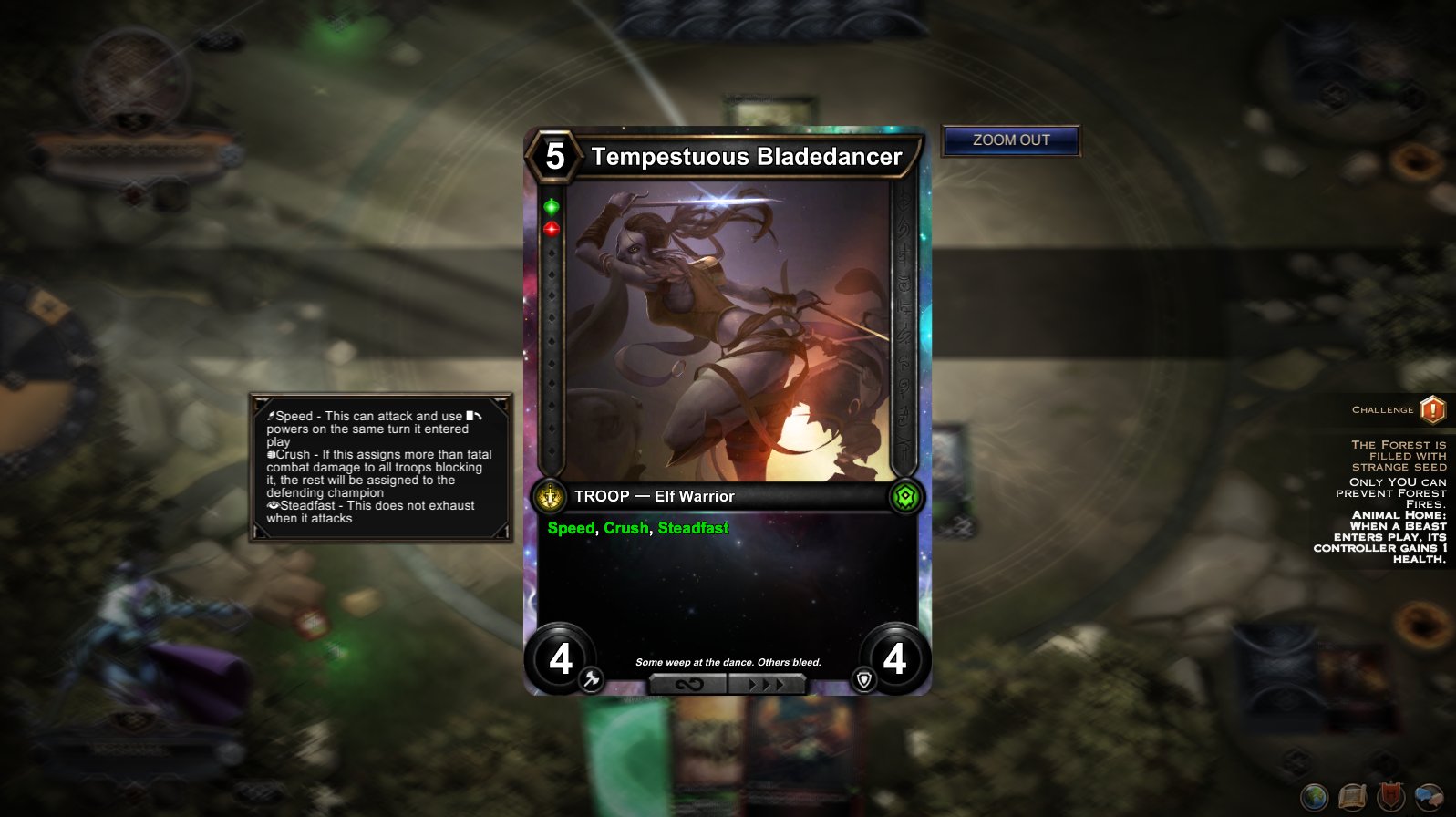
-
hex-shards-of-fate #25
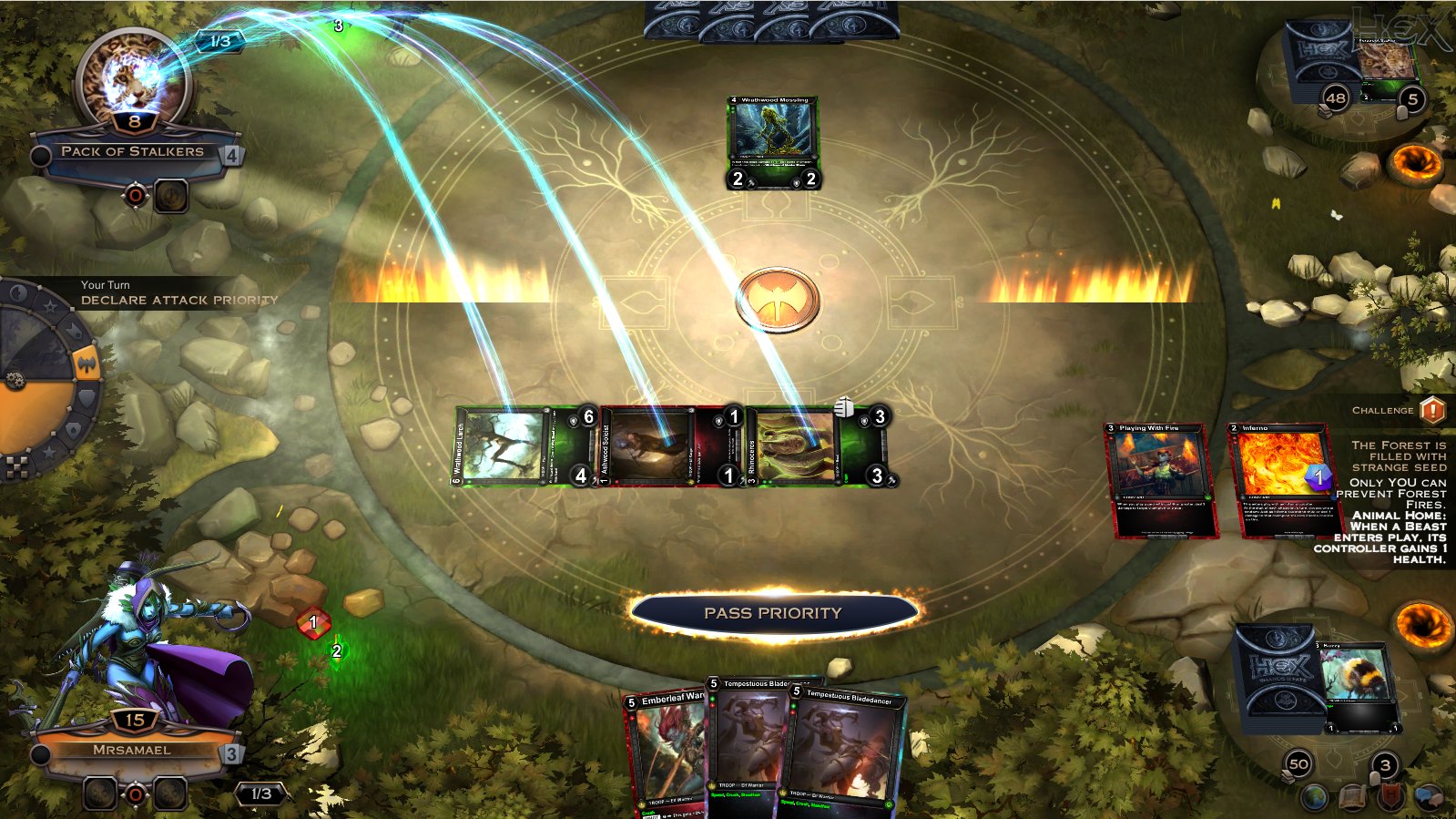
-
hex-shards-of-fate #26
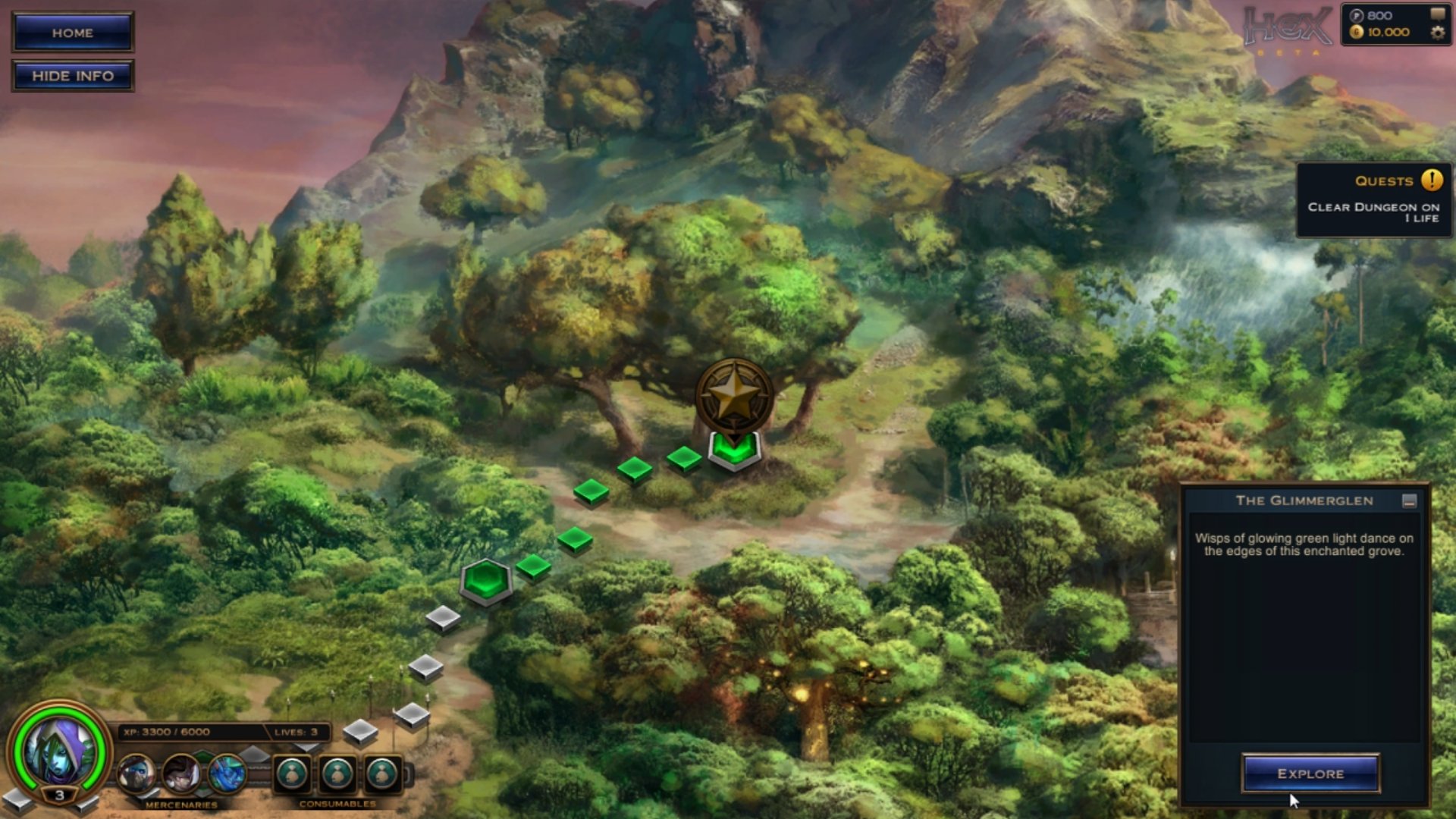
-
hex-shards-of-fate #27
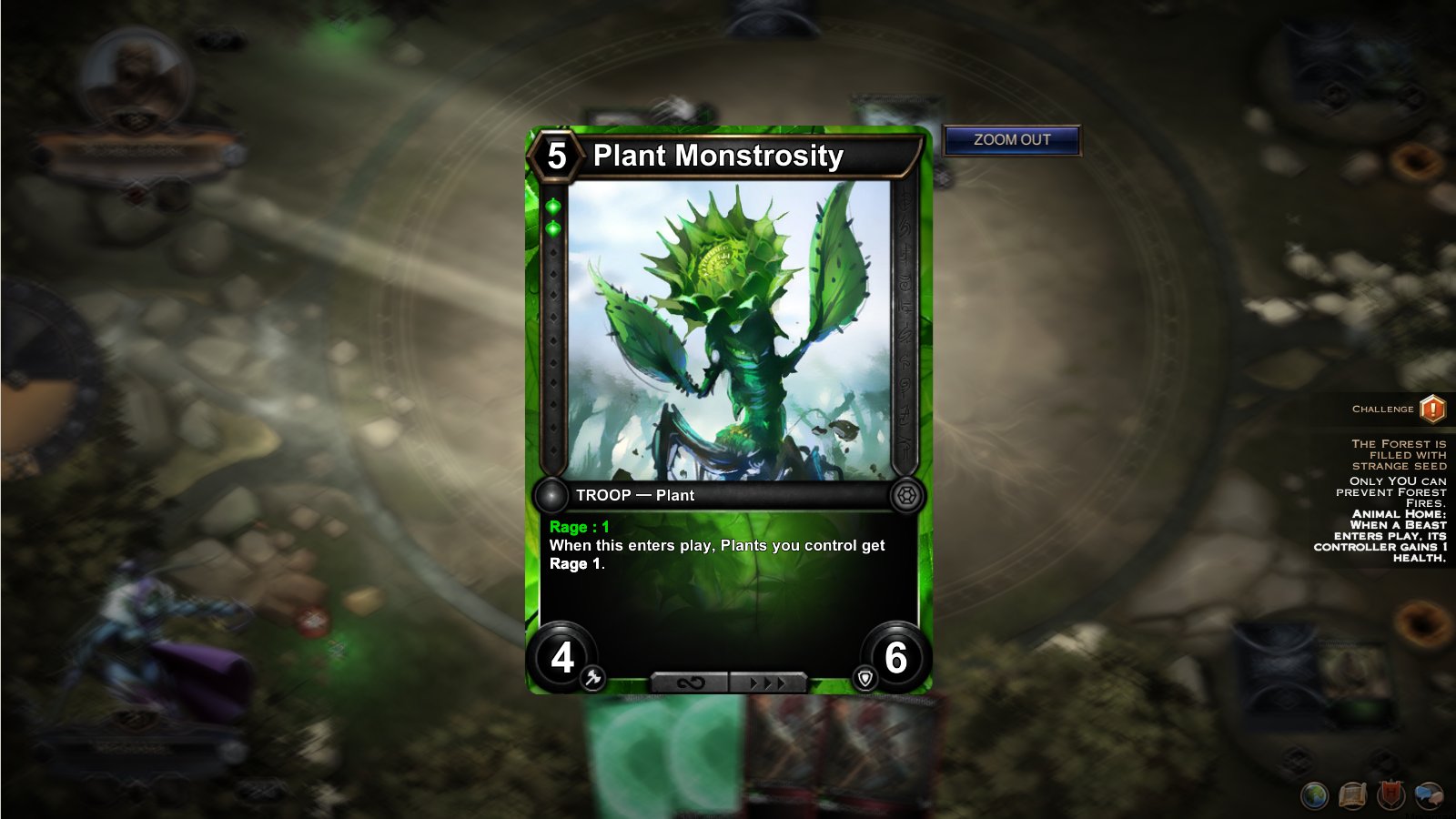
-
hex-shards-of-fate #28
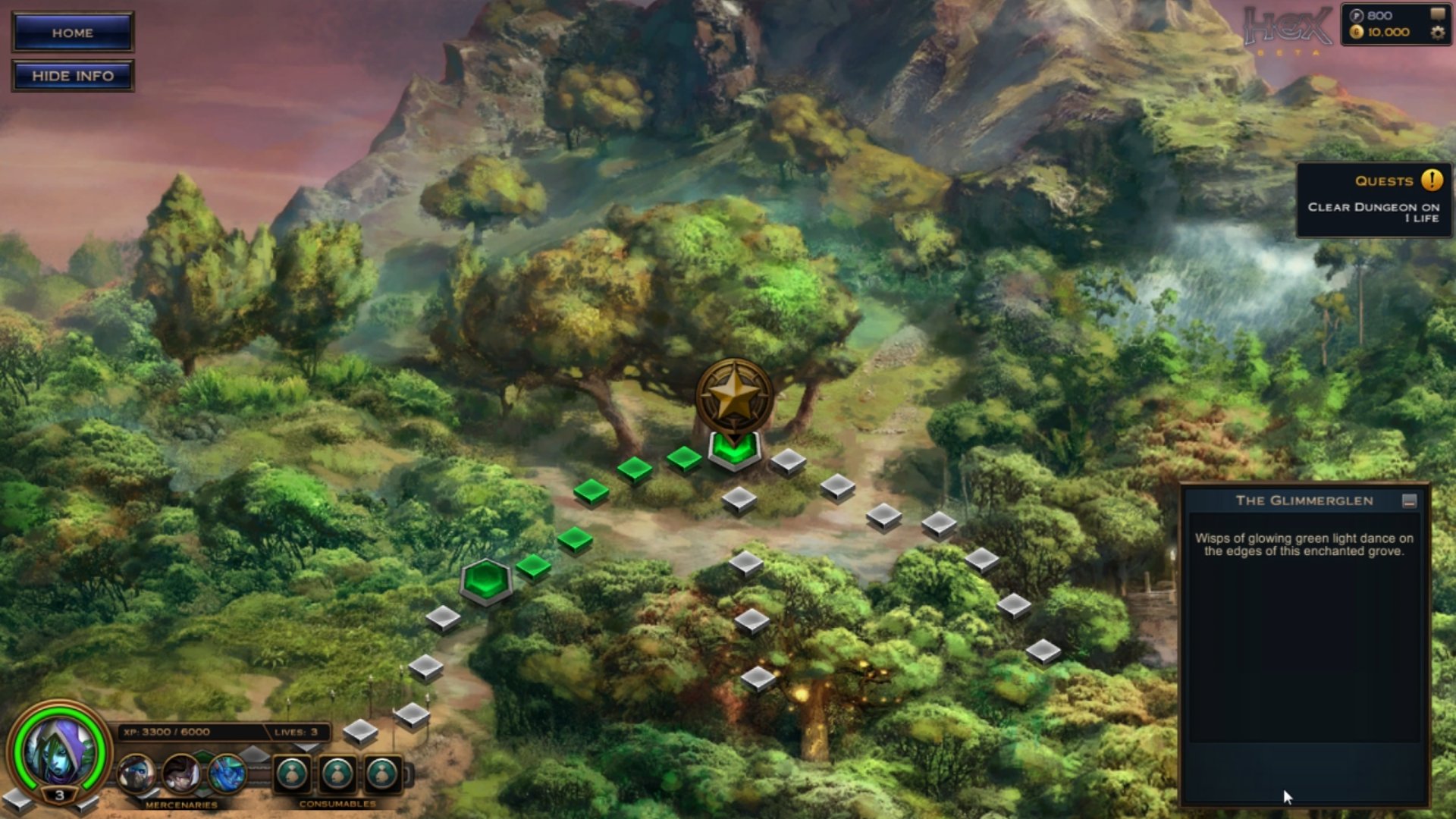
-
hex-shards-of-fate #29
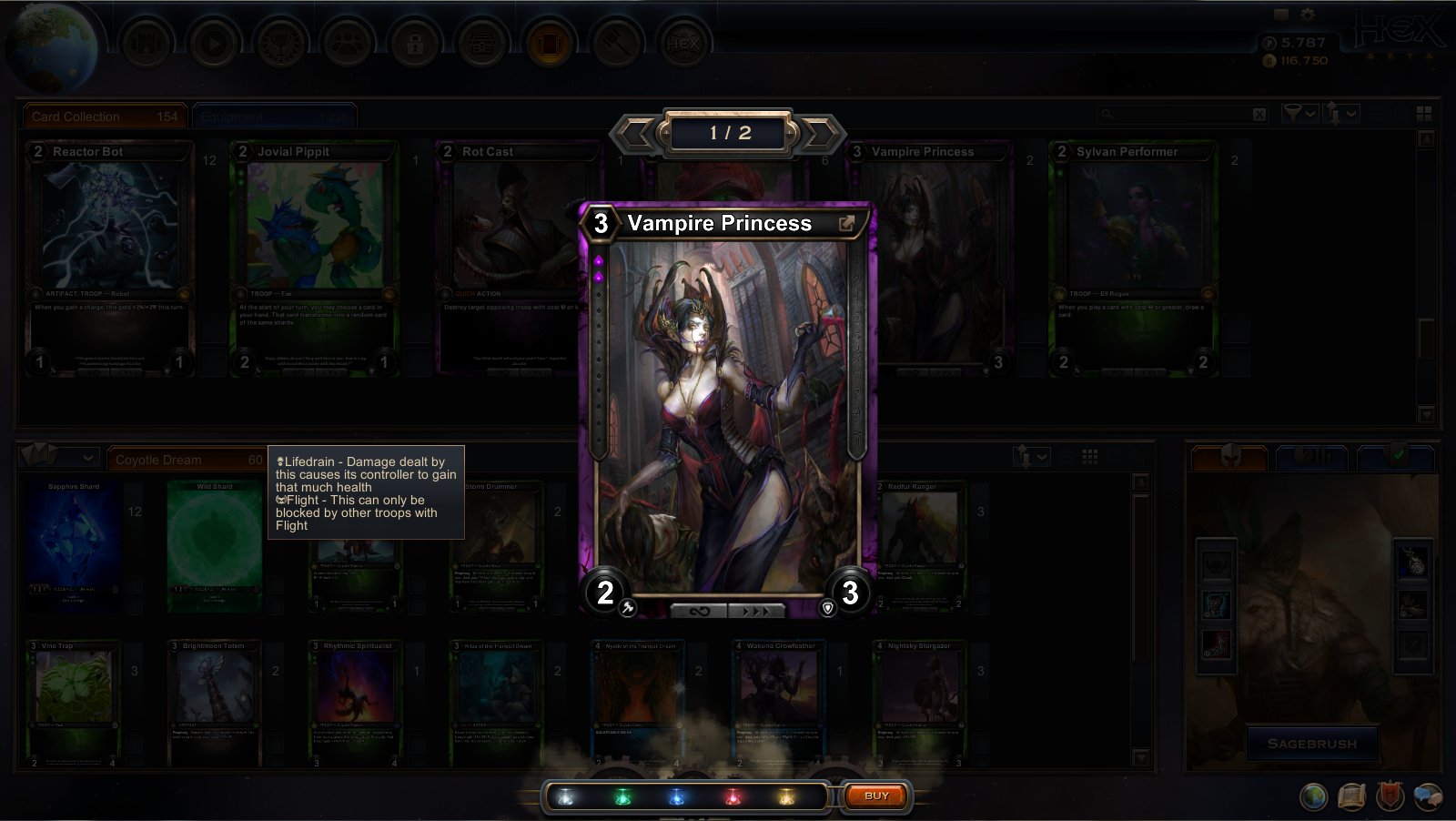
-
hex-shards-of-fate #30
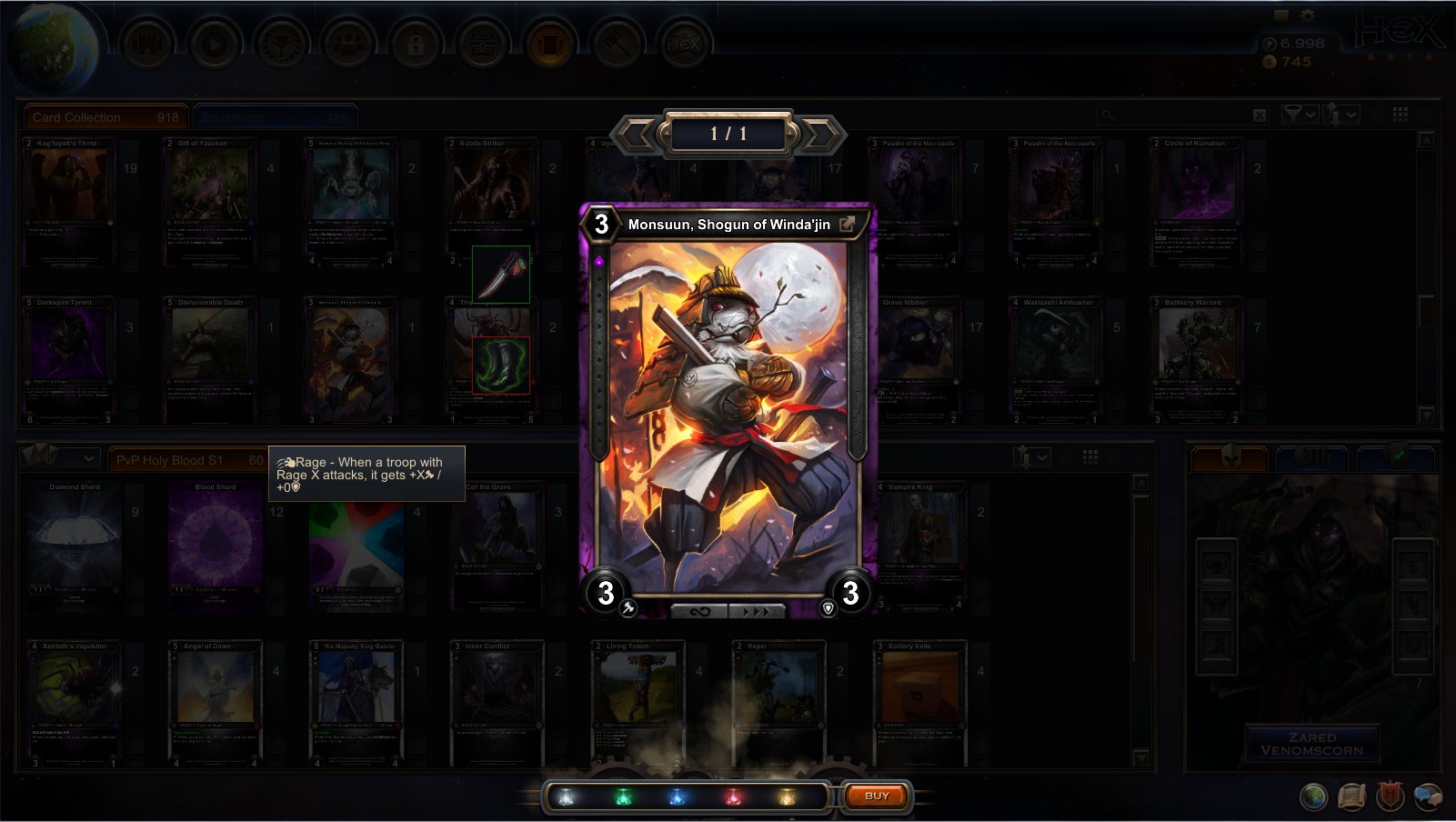
-
hex-shards-of-fate #31
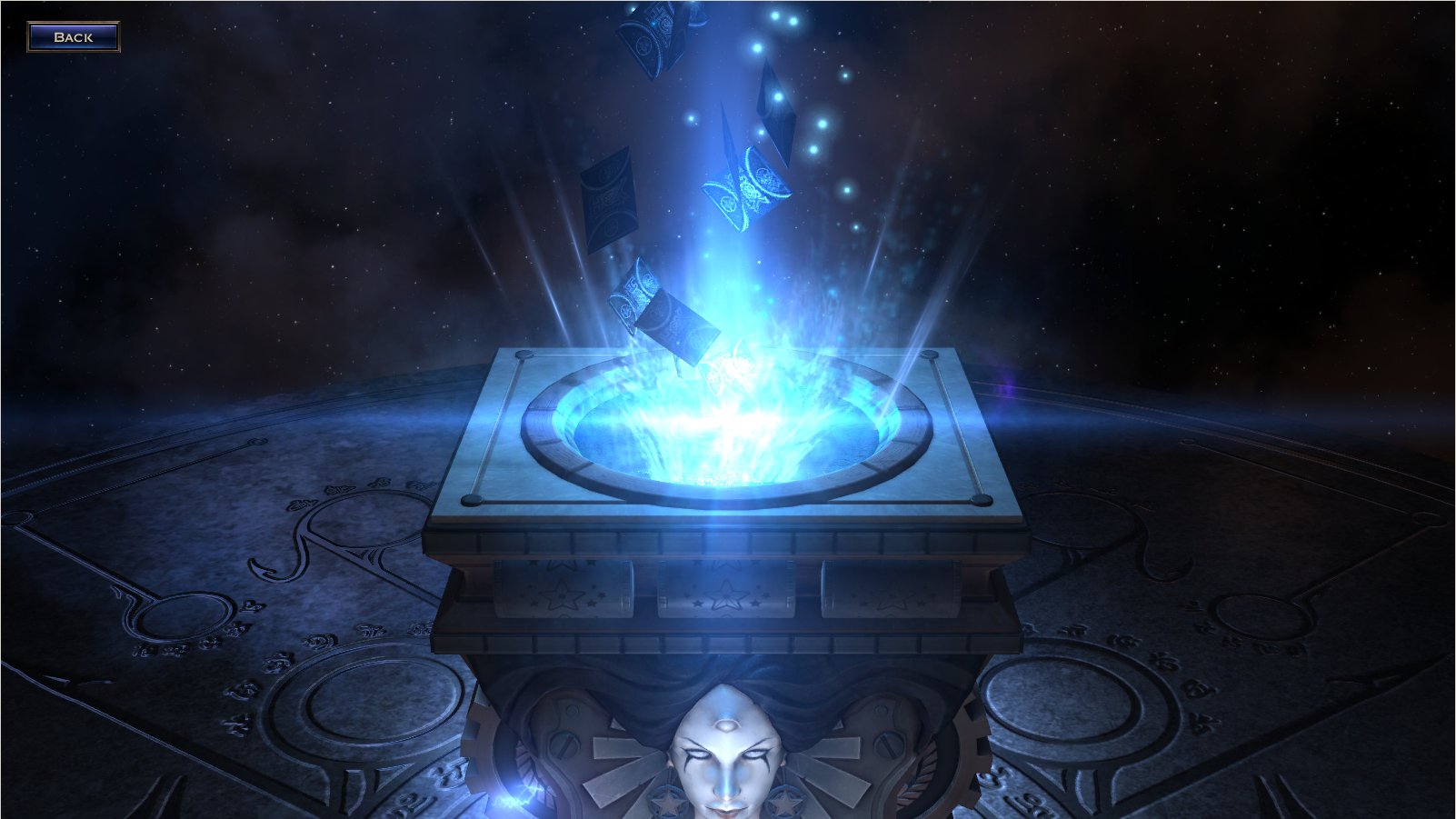
-
hex-shards-of-fate #32
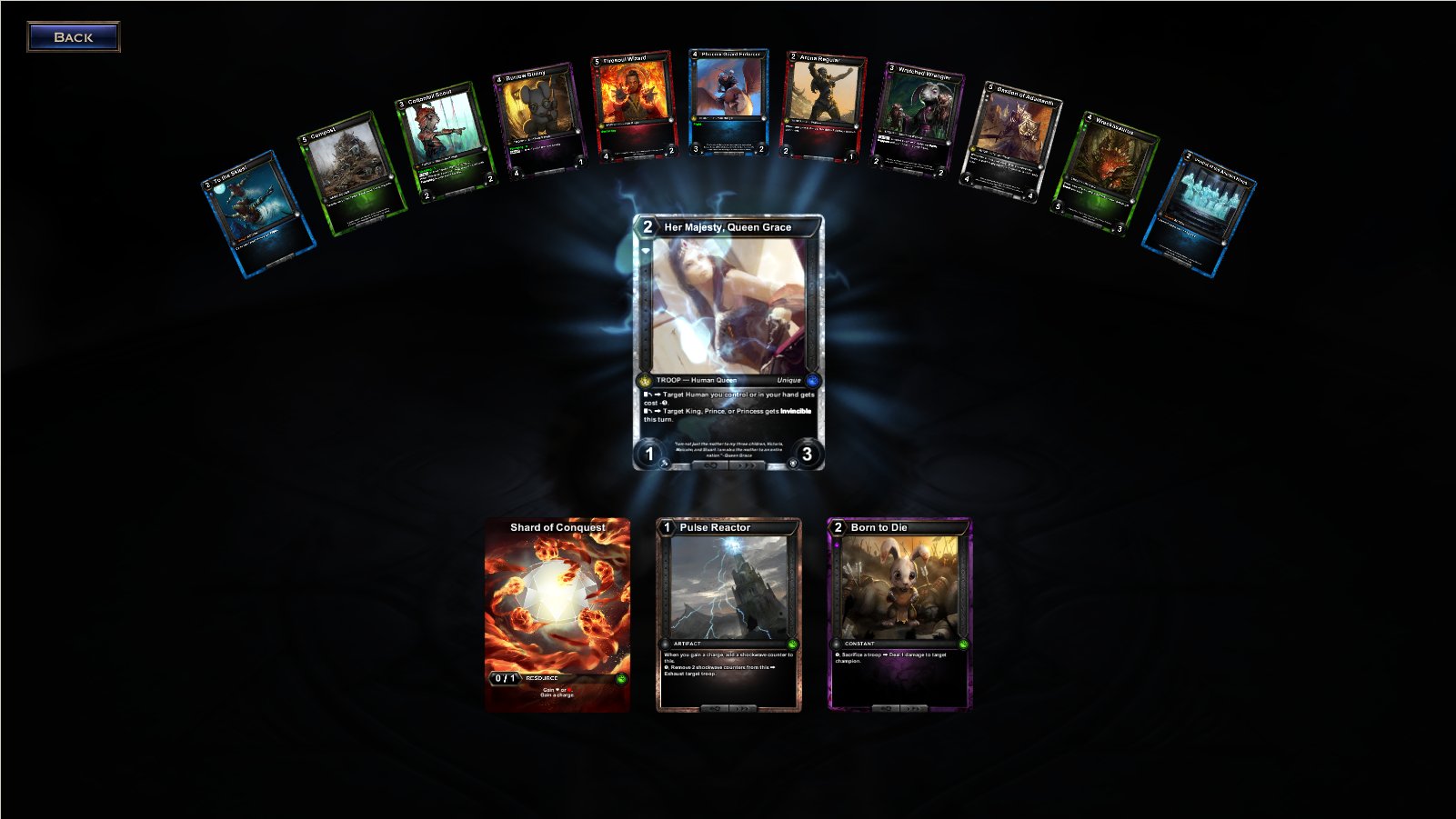
-
hex-shards-of-fate #33
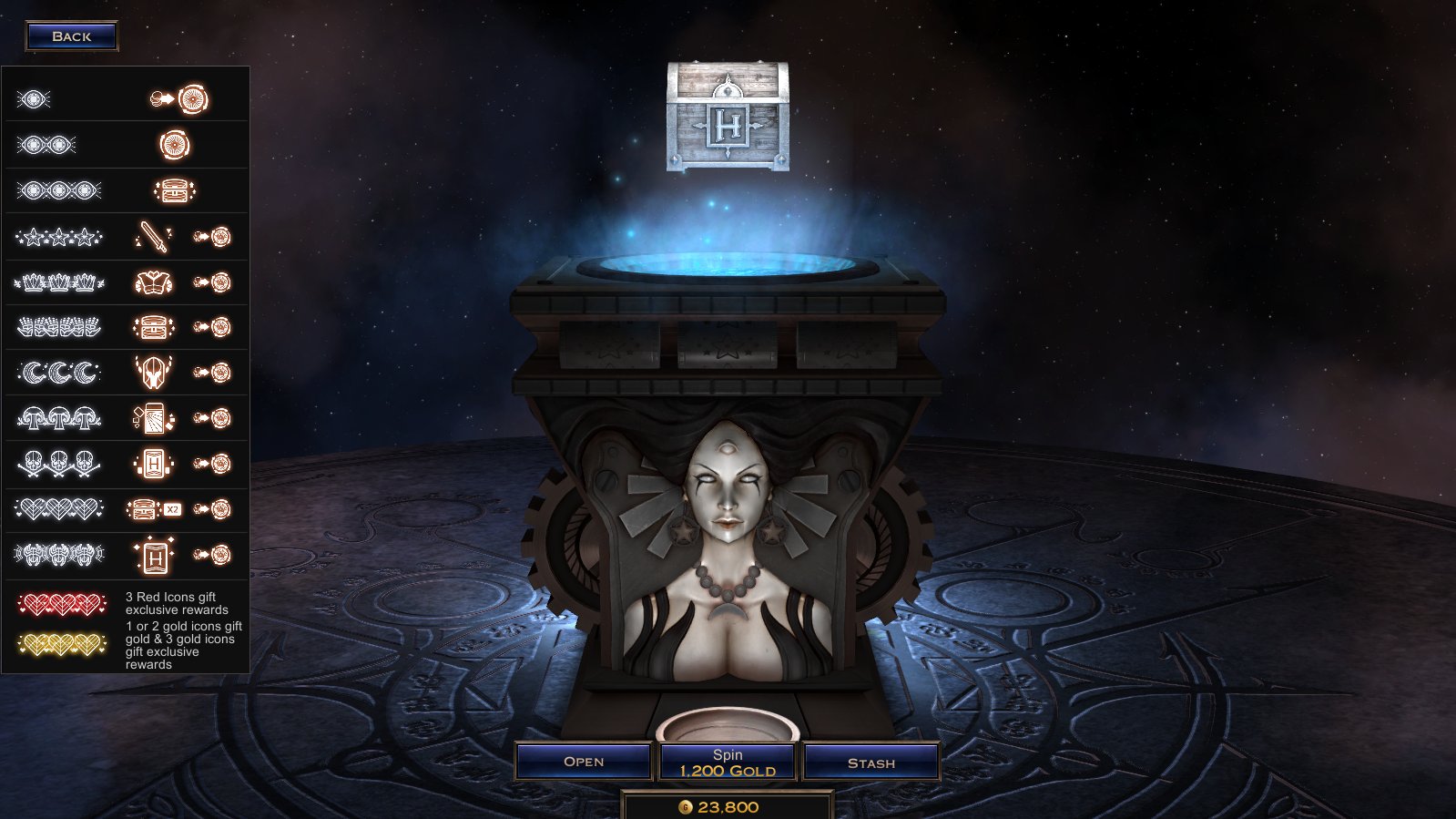
-
hex-shards-of-fate #34
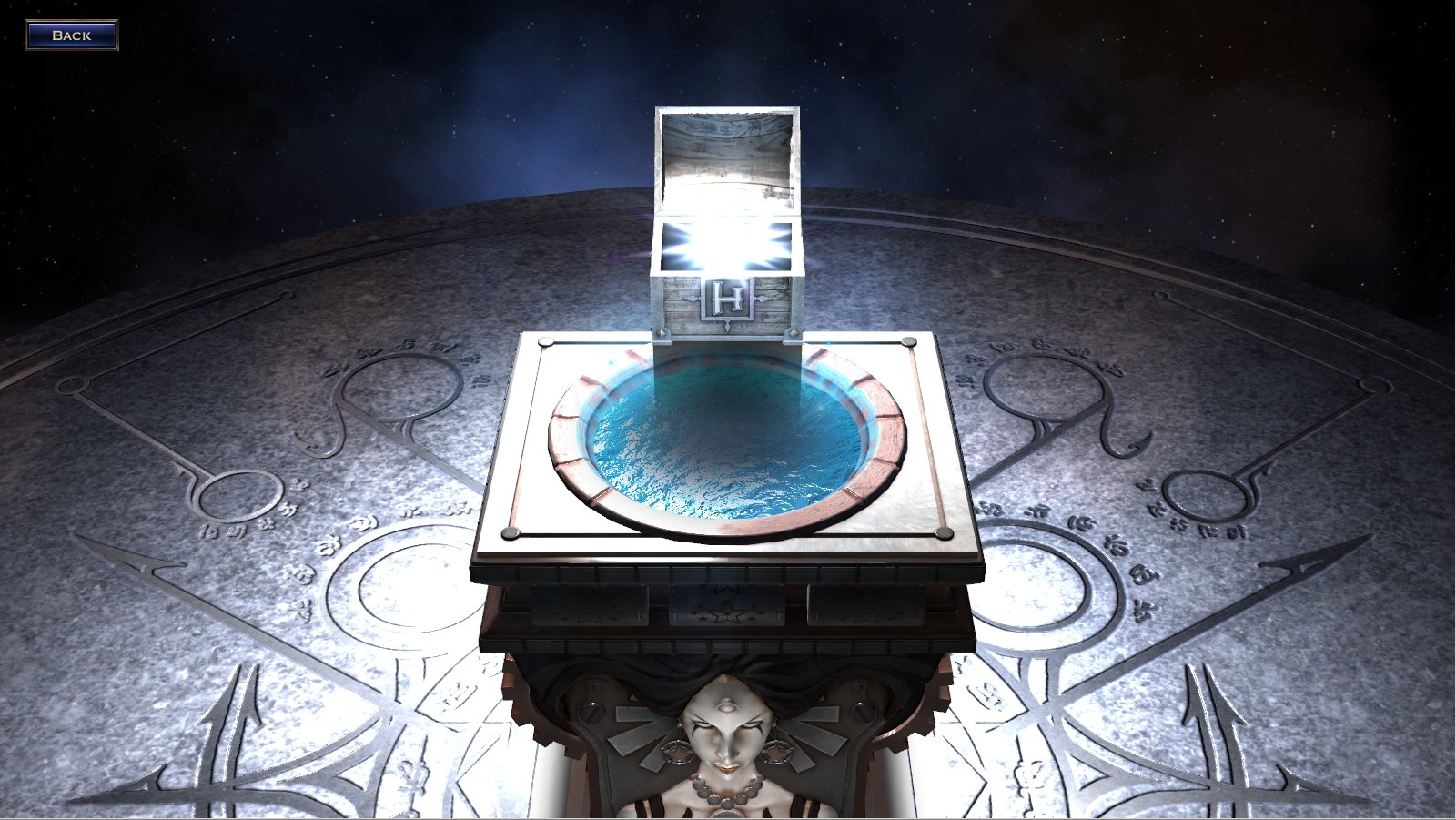
-
hex-shards-of-fate #35
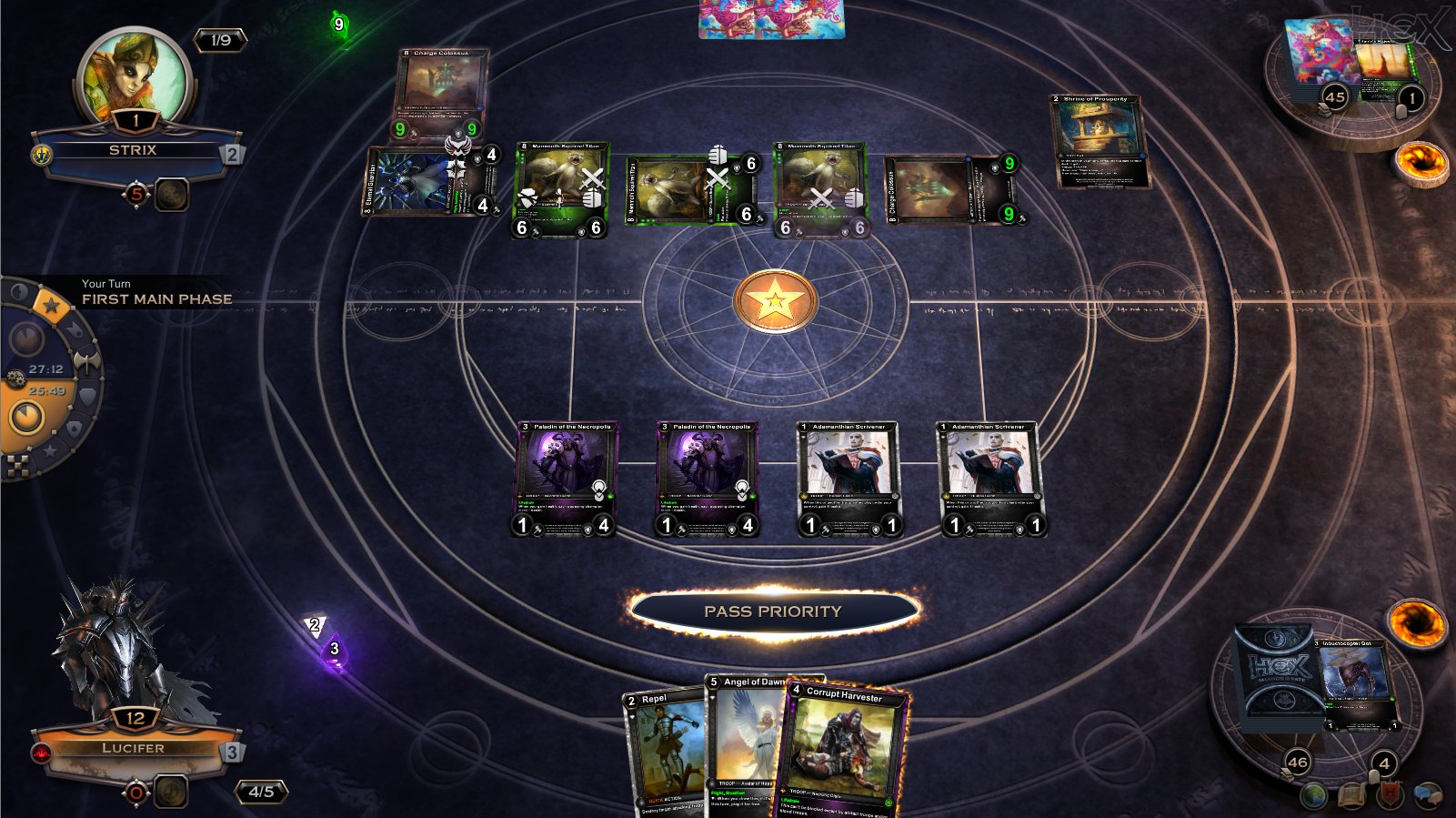
-
hex-shards-of-fate #36
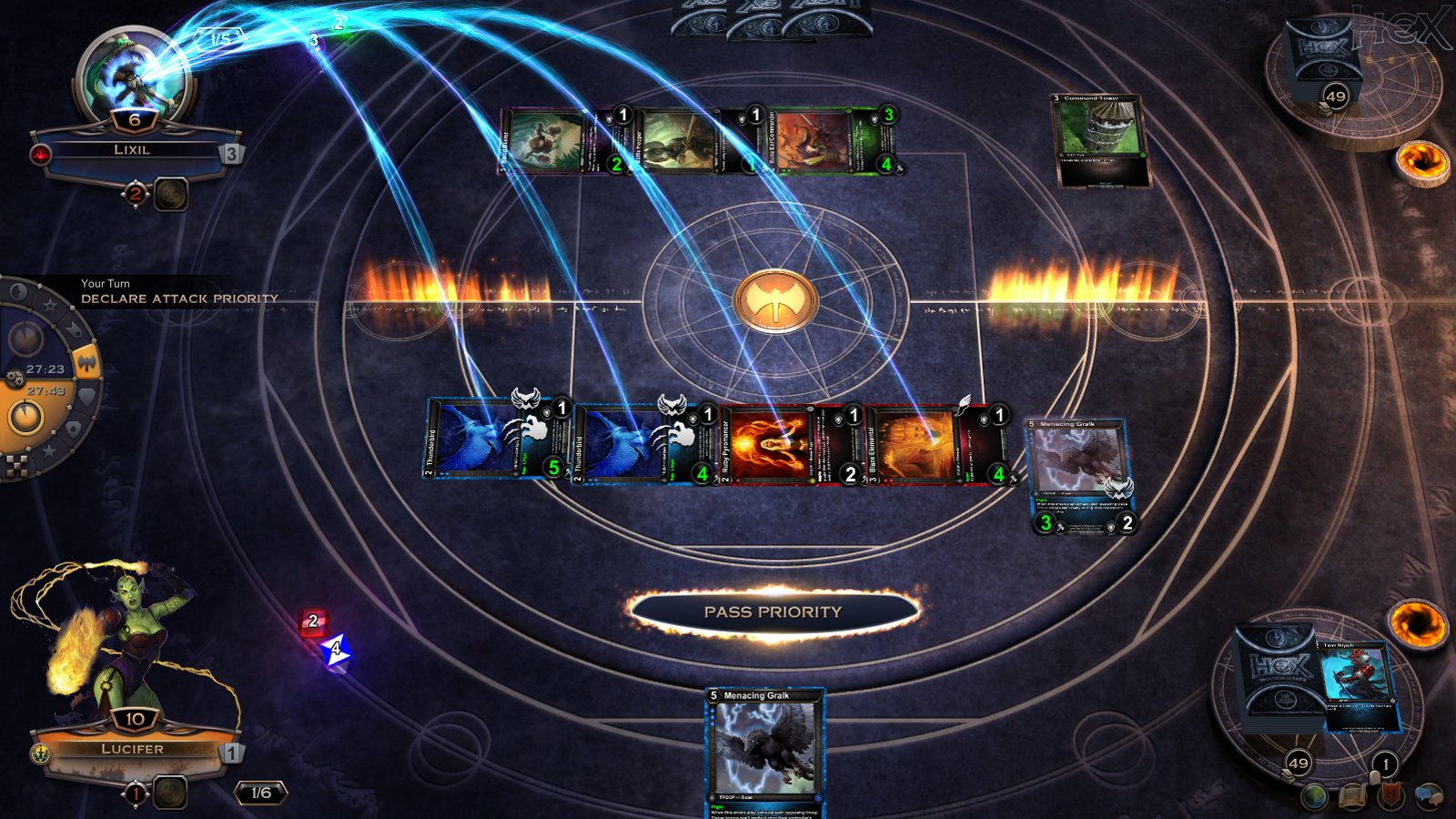
-
hex-shards-of-fate #37
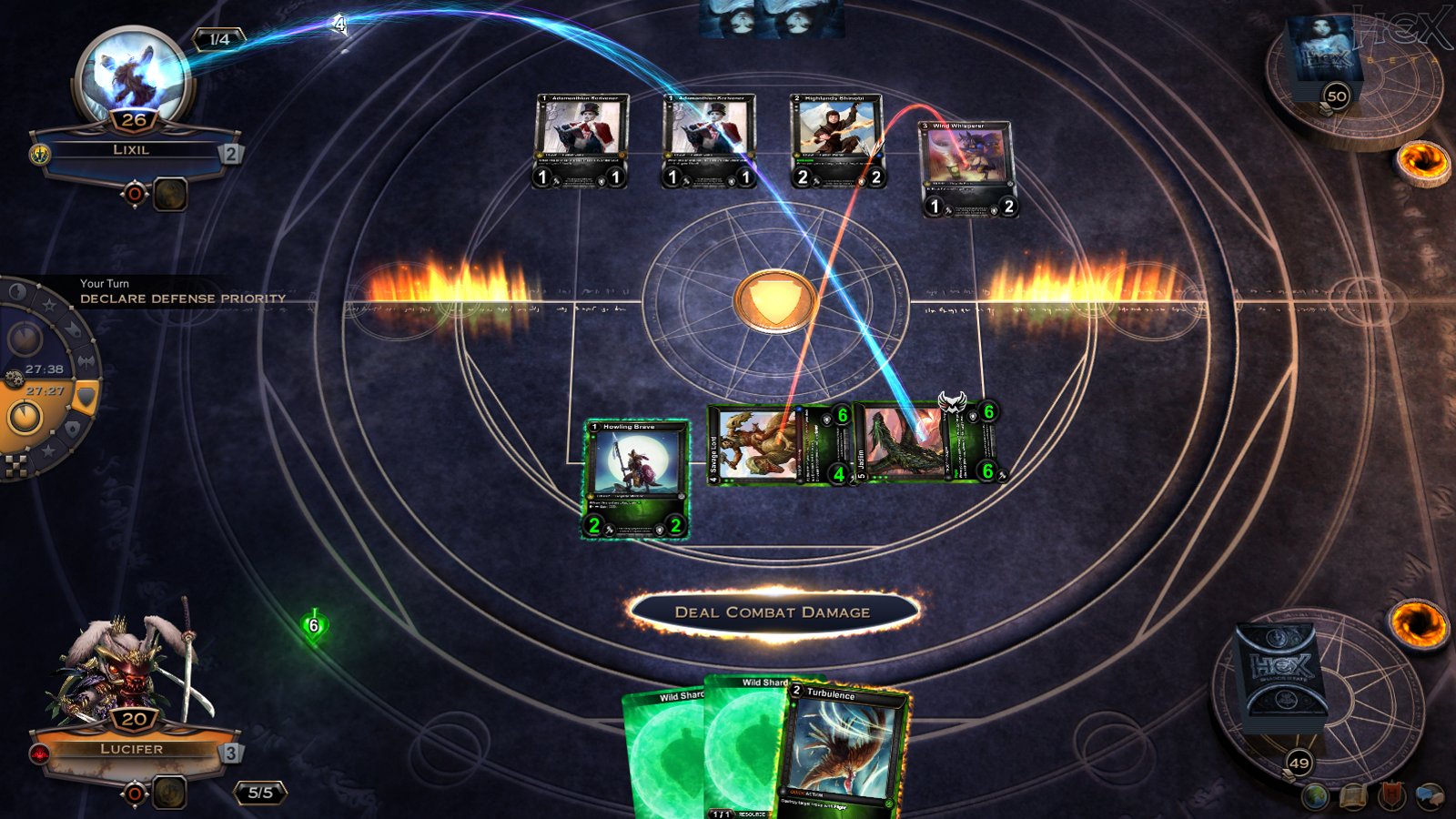
-
hex-shards-of-fate #38
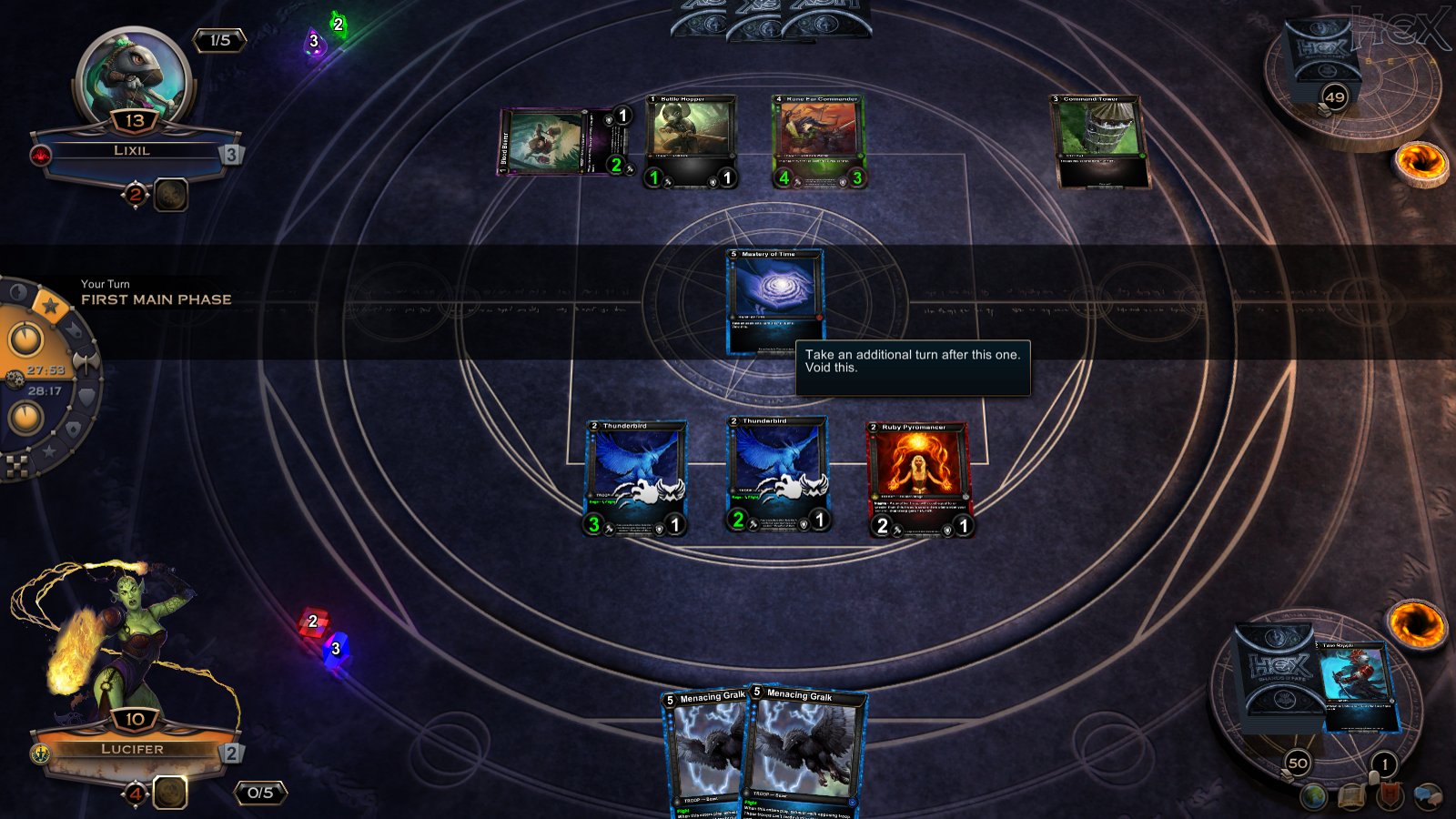
-
hex-shards-of-fate #39
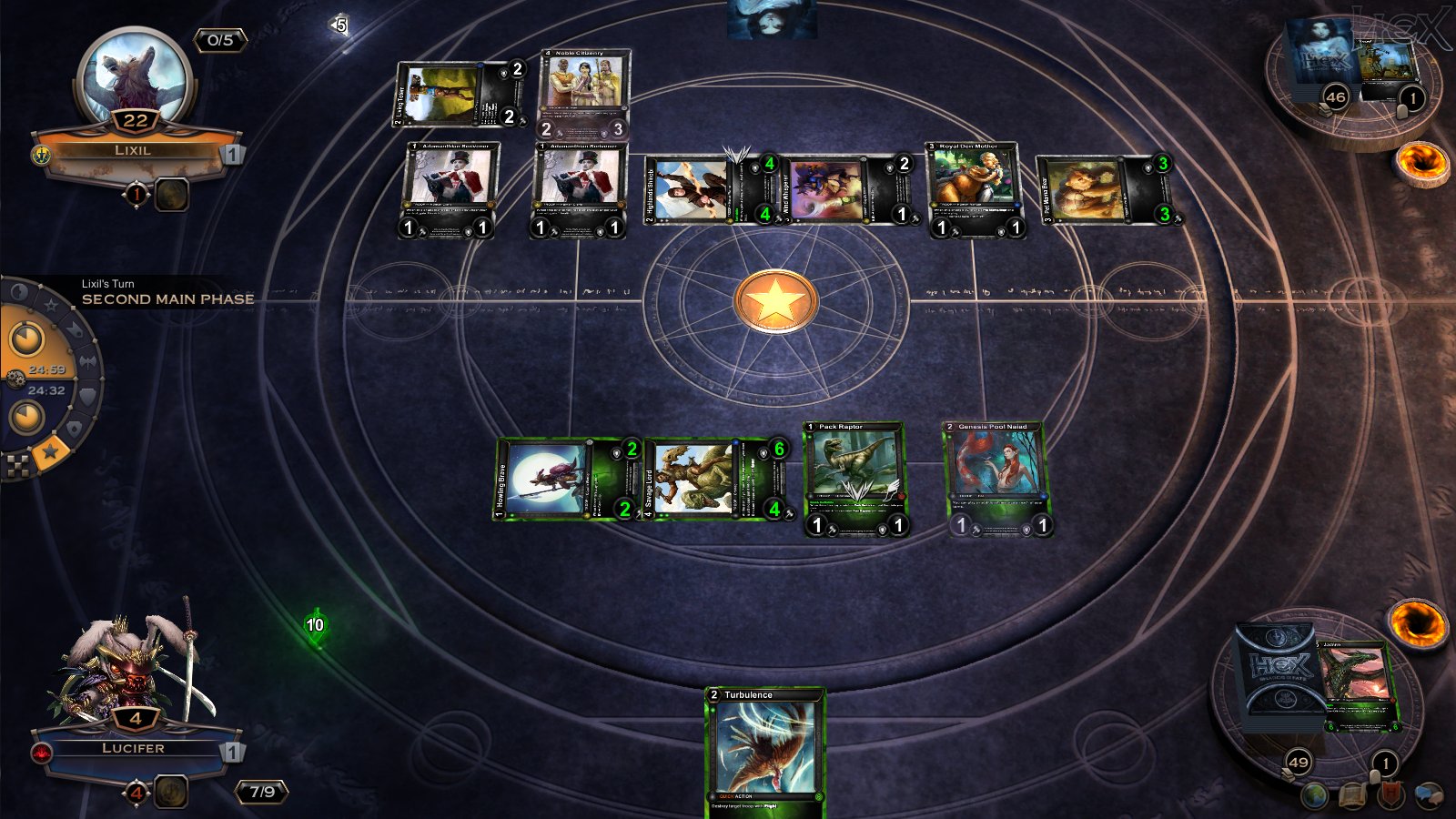
-
hex-shards-of-fate #40
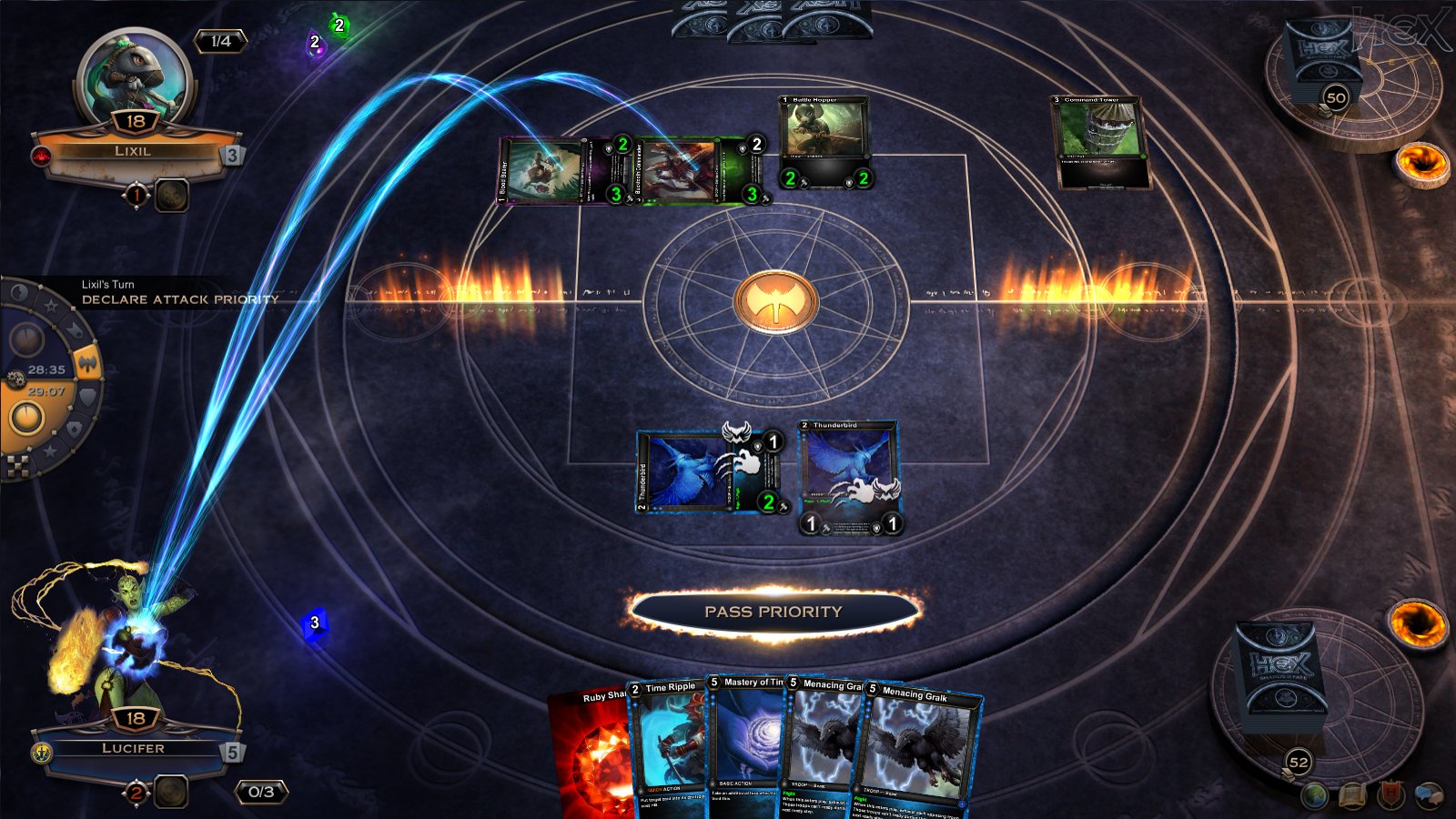
-
hex-shards-of-fate #41
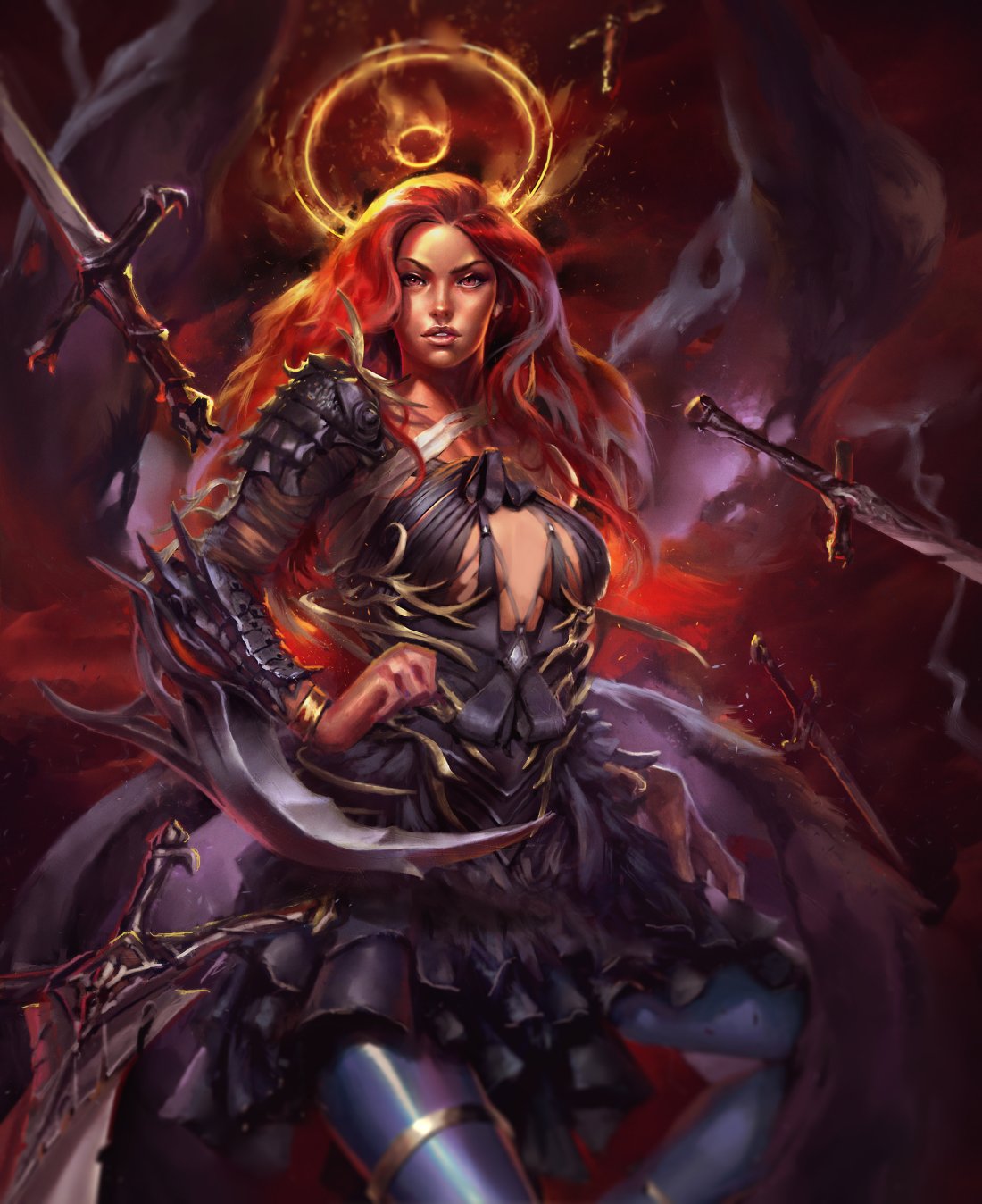
-
hex-shards-of-fate #42
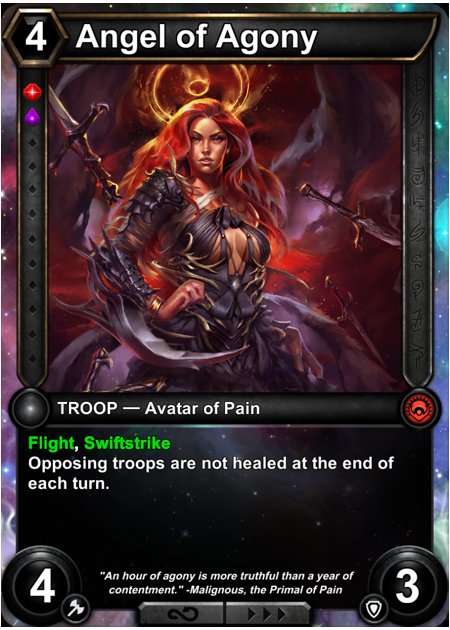
-
hex-shards-of-fate #43
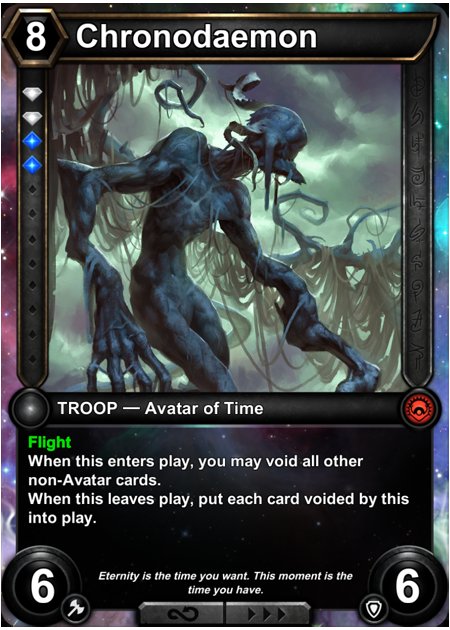
-
hex-shards-of-fate #44
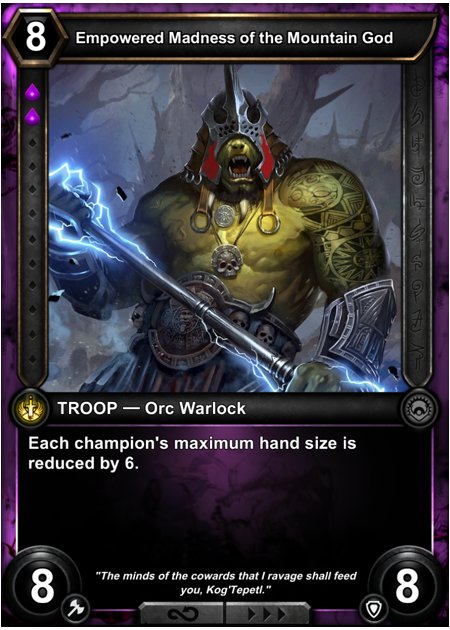
-
hex-shards-of-fate #45
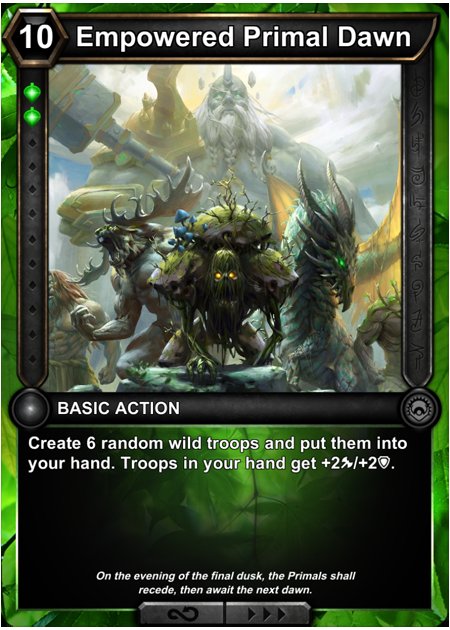
-
hex-shards-of-fate #46
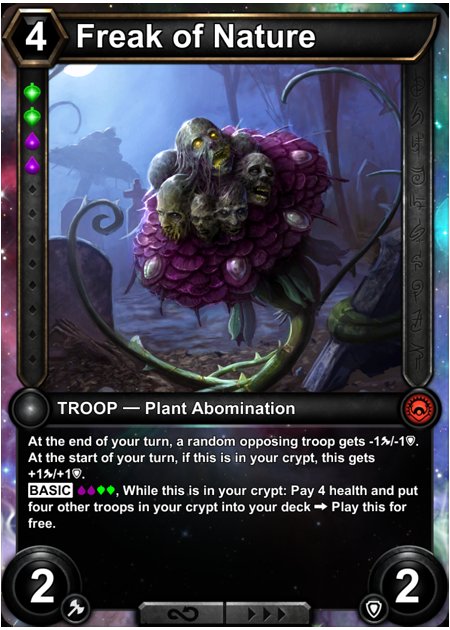
-
hex-shards-of-fate #47
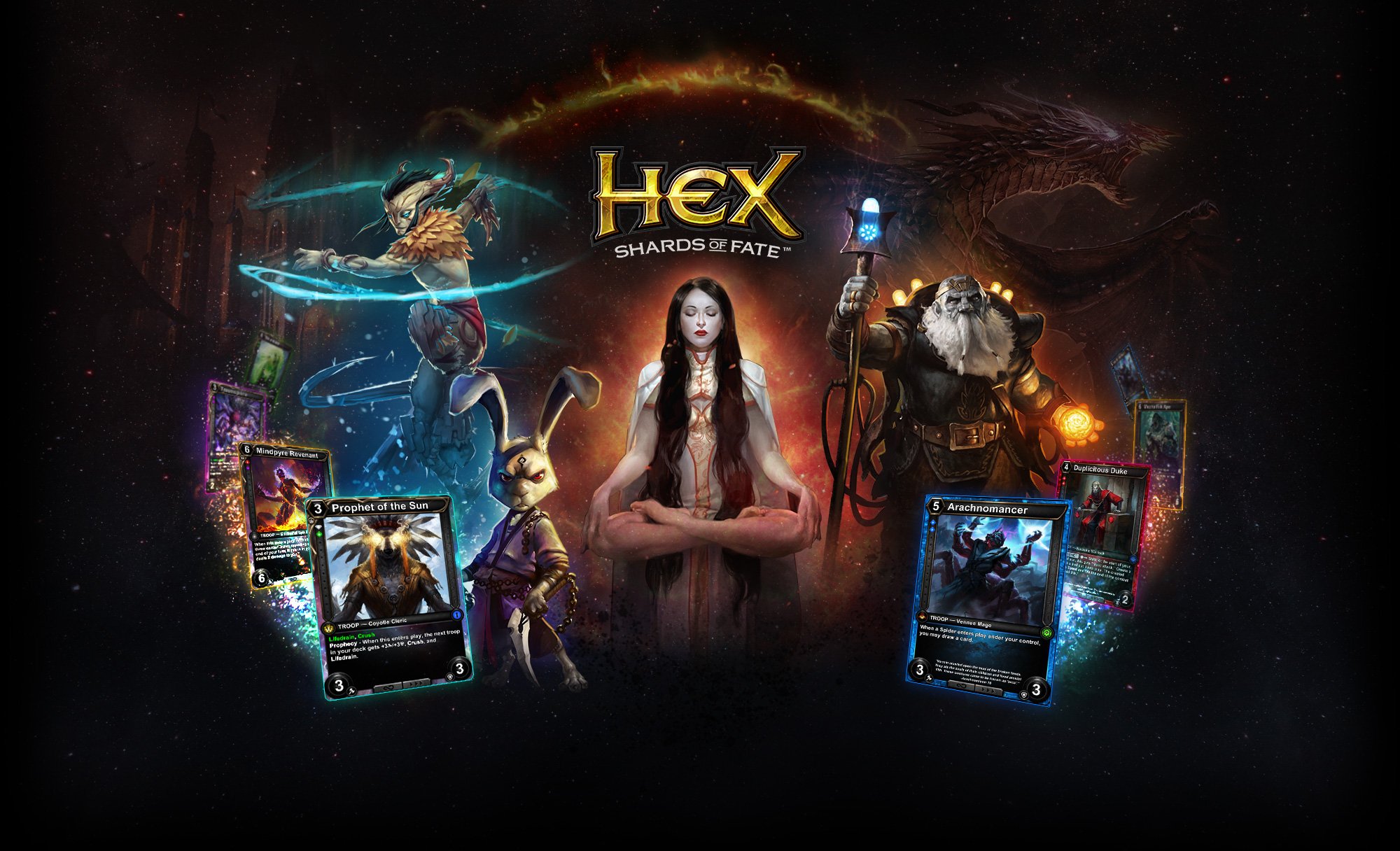
-
hex-shards-of-fate #48
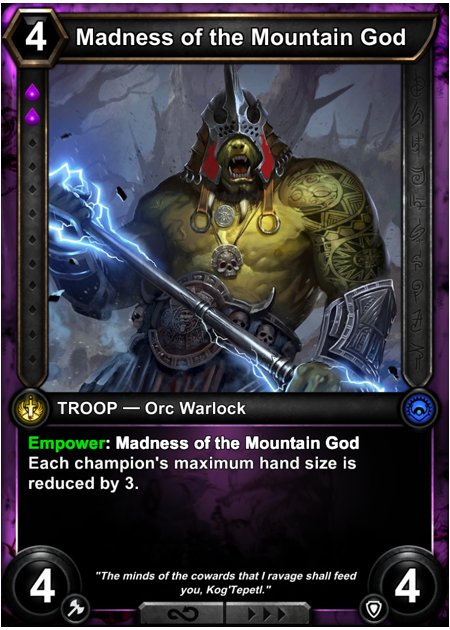
-
hex-shards-of-fate #49
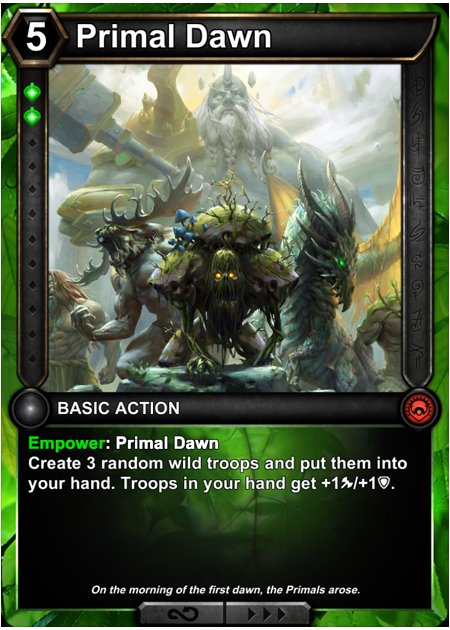
-
hex-shards-of-fate #50
